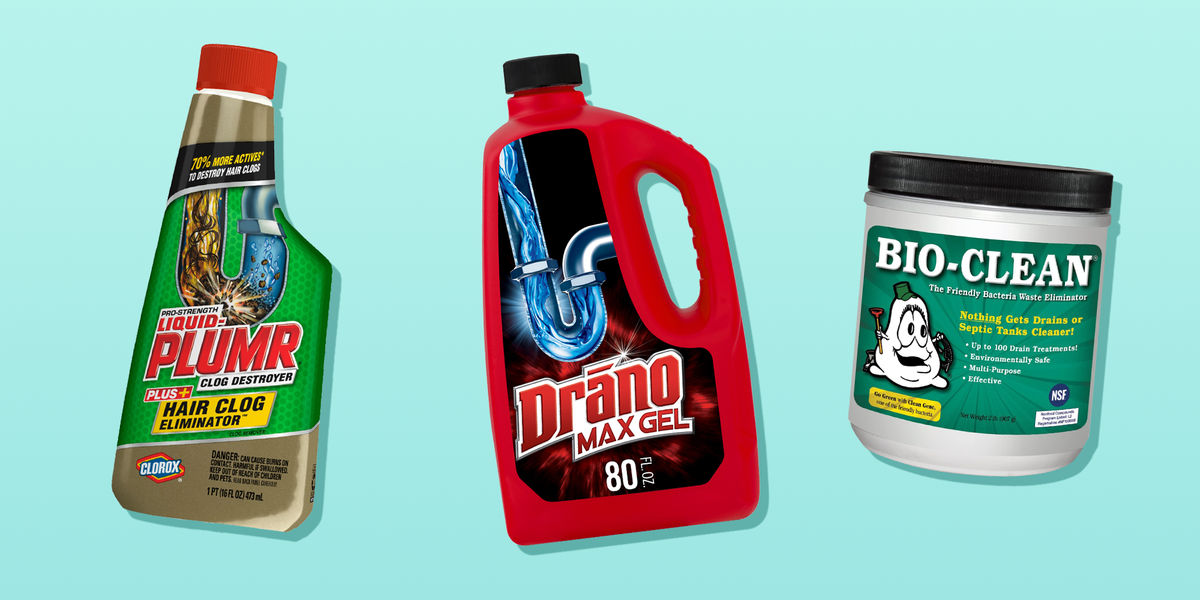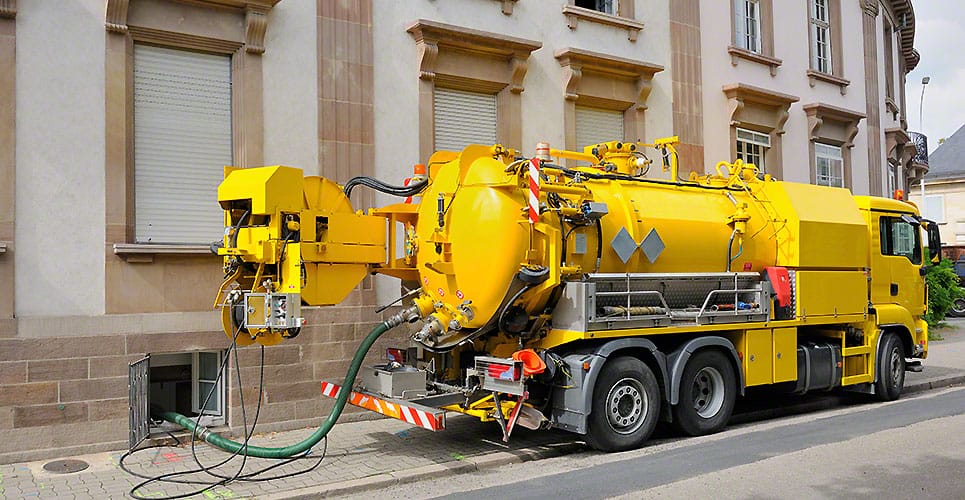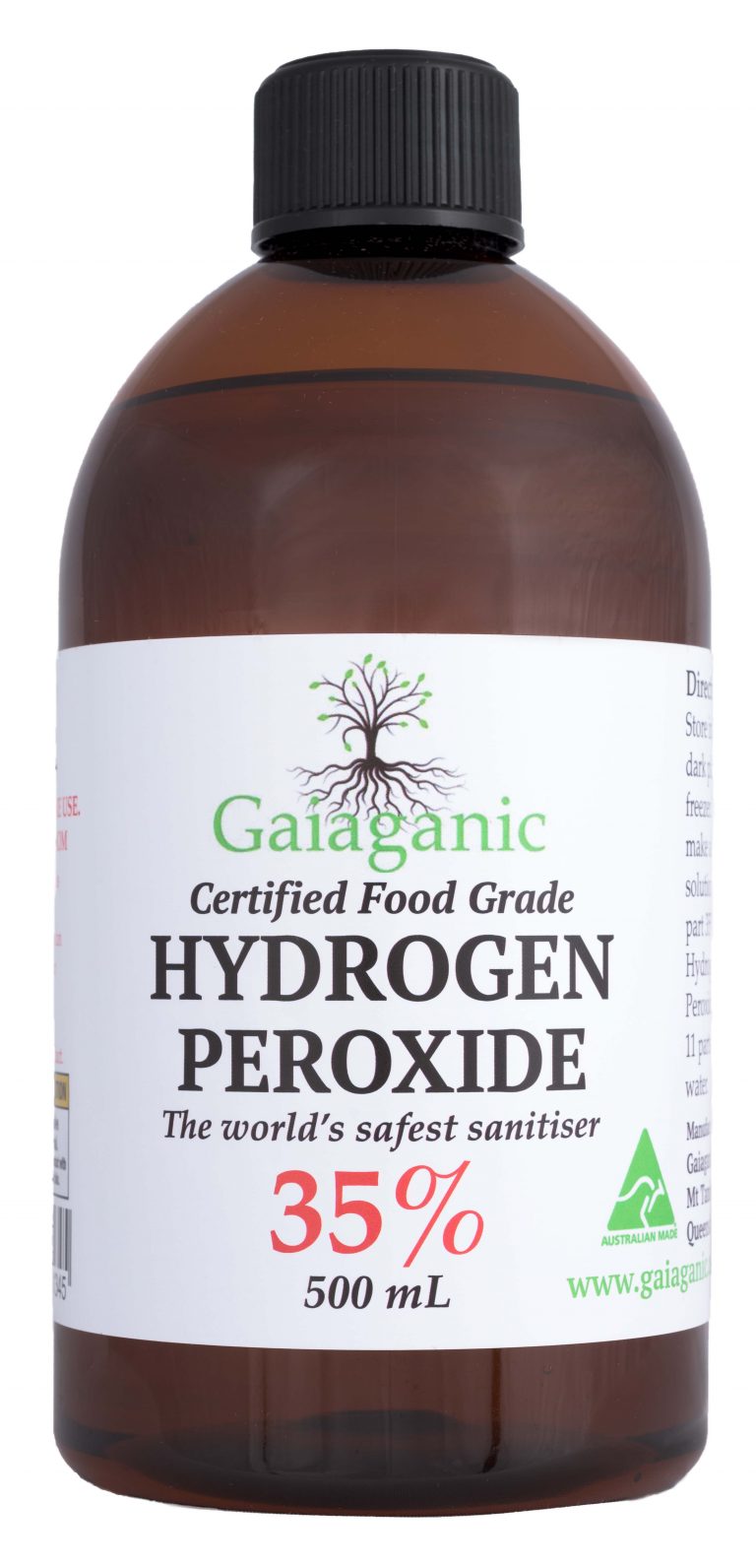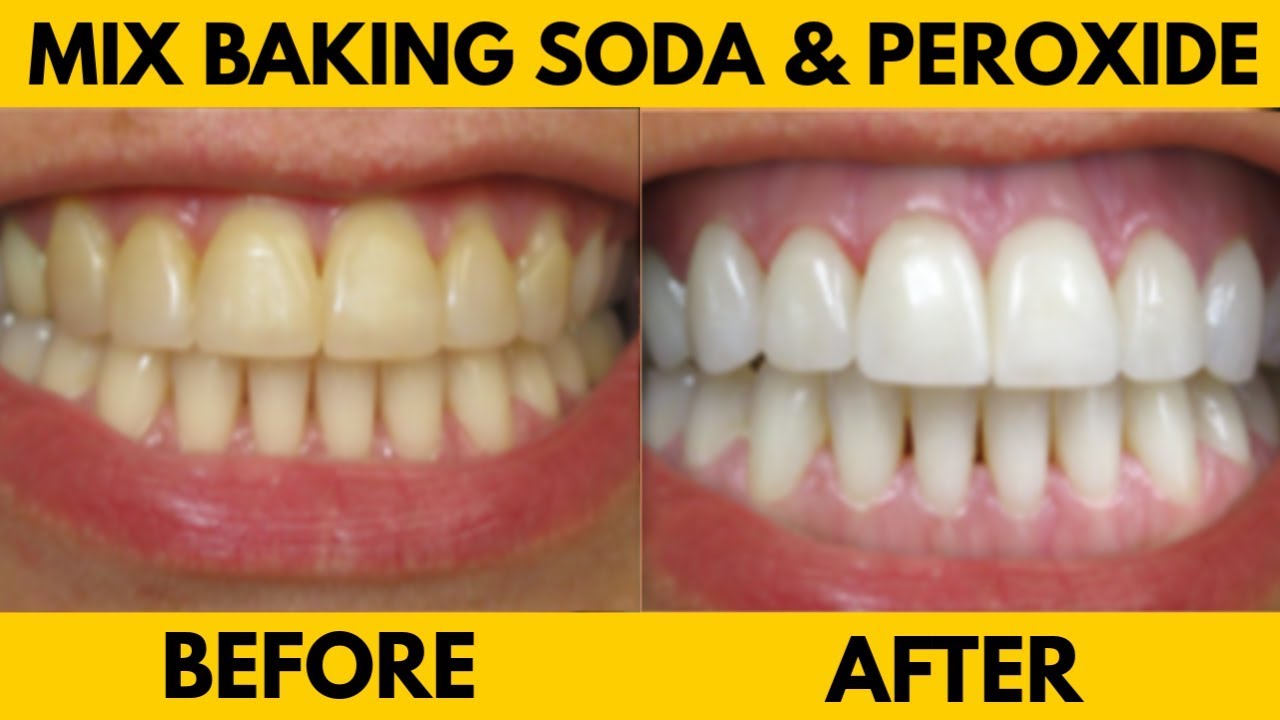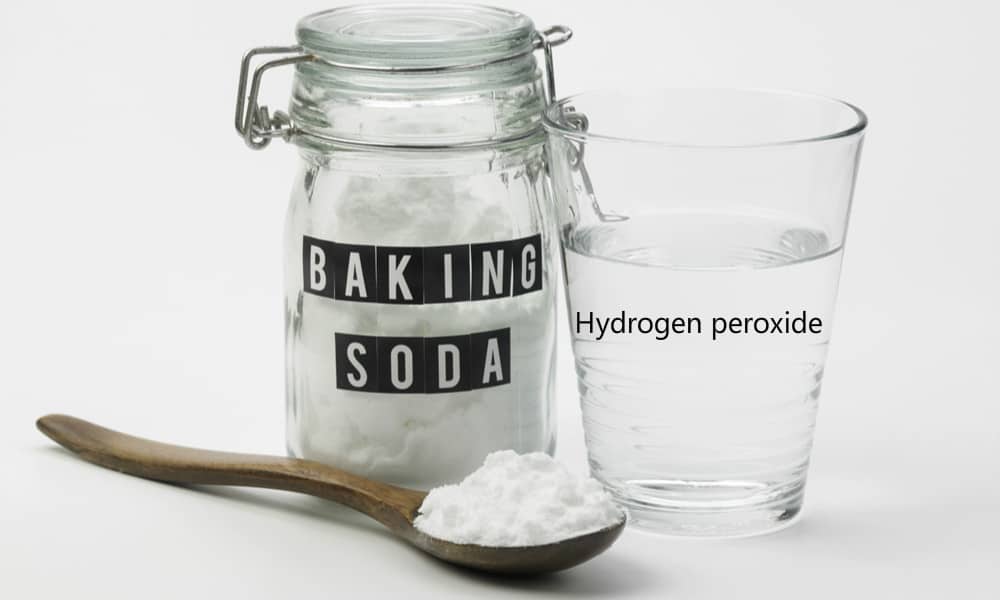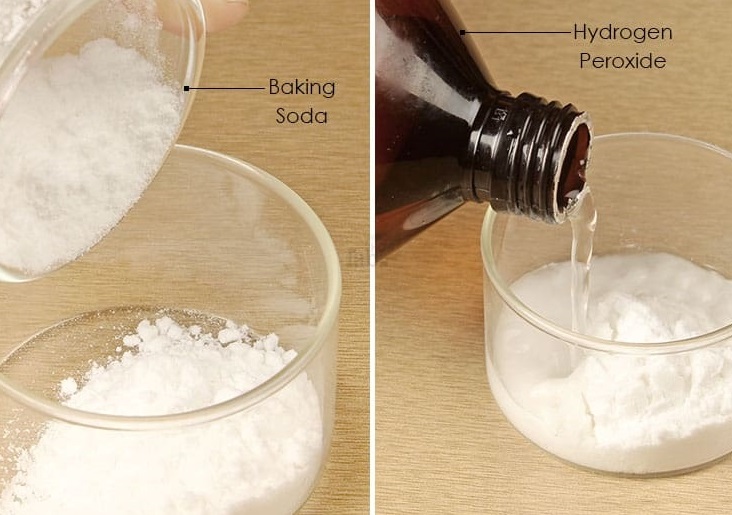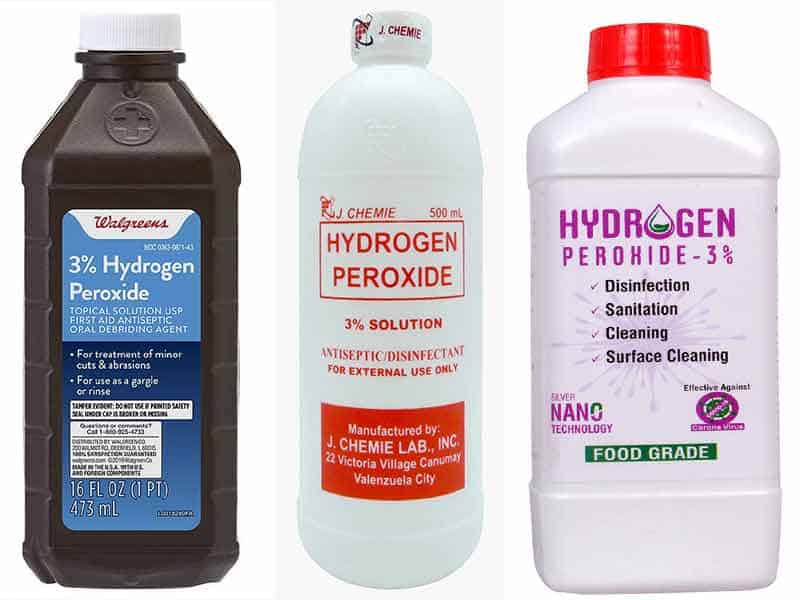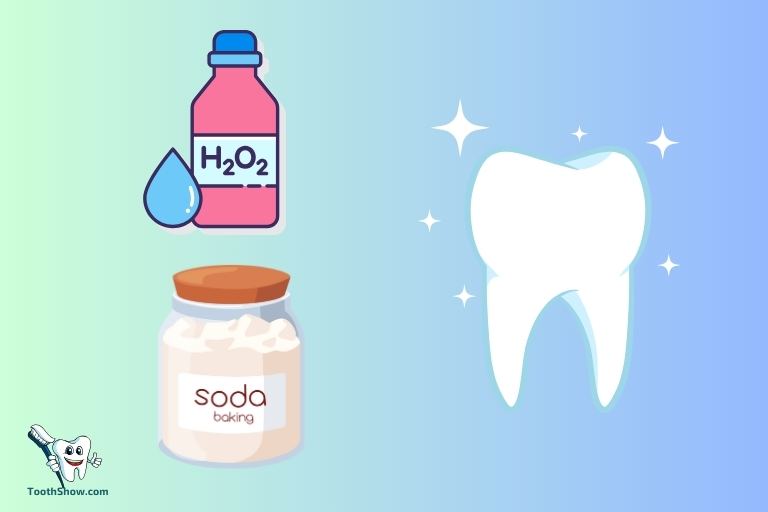If you're looking for a natural and effective way to unclog your kitchen sink drain, look no further than your pantry. Baking soda and vinegar are two household staples that can work wonders when combined to tackle clogged drains. To use this method, start by pouring a pot of boiling water down the drain to loosen up any debris. Next, mix equal parts of baking soda and vinegar in a bowl and pour it down the drain. The mixture will create a fizzing reaction that helps to break down any blockages. Let it sit for 15-20 minutes, then flush it out with another pot of boiling water. This combination can help dissolve grease, grime, and other buildup in your pipes, leaving them clear and free-flowing. Baking soda and vinegar are not only effective but also safe for your pipes and the environment, making them a top choice for unclogging your kitchen sink.1. Baking Soda and Vinegar
If you're dealing with a minor clog in your kitchen sink drain, boiling water may be all you need to clear it out. Simply boil a pot of water on the stove and carefully pour it down the drain. The hot water can help loosen and flush away any debris or buildup that may be causing the clog. For best results, repeat this process a few times, allowing the water to cool down slightly between each pour. This method is quick, easy, and can be done regularly to help prevent future clogs from forming. Boiling water is a simple and inexpensive way to keep your kitchen sink drain clear and flowing smoothly.2. Boiling Water
If your kitchen sink drain is clogged due to grease or oil buildup, try using a combination of salt and hot water to break it down. First, pour half a cup of salt down the drain, followed by a pot of boiling water. The salt works as an abrasive, helping to scrub away the grease and grime, while the hot water flushes it out. For tougher clogs, you can let the salt and hot water mixture sit in the drain for a few hours or overnight before flushing it out. This method is safe for all types of pipes and can be used regularly to prevent clogs from forming. Salt and hot water are a natural and effective way to tackle clogs caused by grease and oil buildup in your kitchen sink drain.3. Salt and Hot Water
A plunger is a classic tool for unclogging drains and can be highly effective for kitchen sink drains as well. To use a plunger, fill the sink with enough water to cover the head of the plunger. Place the plunger over the drain and push down and up repeatedly to create suction and force the clog to loosen and move. If the clog is stubborn, you may need to repeat this process a few times before it clears. Once the water starts draining, you can flush the drain with hot water to remove any remaining debris. Make sure to use a plunger specifically designed for sinks to ensure a tight and effective seal. A plunger is a handy tool to have for unclogging kitchen sink drains and can save you from using harsh chemicals or calling a plumber.4. Plunger
If your kitchen sink drain is clogged due to a buildup of grease and oil, dish soap can help break it down. Start by pouring a pot of boiling water down the drain to loosen the clog. Next, add a few tablespoons of dish soap and let it sit for 10-15 minutes. Then, pour another pot of boiling water down the drain to flush it out. The dish soap works to dissolve the grease and oil, making it easier to flush away with hot water. This method is safe for all types of pipes and can be used regularly to prevent clogs from forming. Dish soap is a gentle and effective way to tackle clogs caused by grease and oil buildup in your kitchen sink drain.5. Dish Soap and Hot Water
A wire hanger can come in handy for unclogging kitchen sink drains, especially if the clog is caused by hair or other debris. Straighten out a wire hanger and create a small hook at one end. Insert the hook into the drain and use it to pull out any debris that may be causing the clog. You can also use the hook to loosen and break apart the clog, making it easier to flush away with hot water. This method can be effective for minor clogs, but for tougher ones, you may need to combine it with another method. A wire hanger is a simple and inexpensive tool that can help you remove clogs from your kitchen sink drain without using harmful chemicals.6. Wire Hanger
If you have a wet and dry vacuum, you can use it to unclog your kitchen sink drain. First, set the vacuum to its wet setting and cover the vent to prevent any debris from escaping. Place the hose over the drain and create a tight seal. Turn on the vacuum and let it run for a few minutes to suck out the clog. This method is best for larger clogs and can be effective for removing hair, food particles, and other debris. Once the clog is removed, flush the drain with hot water to ensure it's completely clear. A wet and dry vacuum is a powerful tool that can help you quickly and effectively unclog your kitchen sink drain.7. Wet and Dry Vacuum
If you're dealing with a stubborn clog in your kitchen sink drain, caustic soda (also known as sodium hydroxide) can be a powerful and effective solution. However, it's essential to use caution when handling caustic soda as it can cause burns and should be handled with protective gloves and eyewear. To use this method, mix 3 cups of caustic soda with 3/4 gallon of cold water in a bucket. Stir it well and pour it down the drain. Let it sit for 20-30 minutes, then flush it out with hot water. The caustic soda works to break down the clog, making it easier to flush away. Make sure to follow all safety precautions and never mix caustic soda with other chemicals. Caustic soda is a strong and effective option for unclogging tough clogs in your kitchen sink drain, but it should be handled with care.8. Caustic Soda
Enzyme drain cleaners are a natural and environmentally-friendly alternative to chemical drain cleaners. They work by breaking down organic materials, such as hair, food particles, and grease, that can cause clogs in your kitchen sink drain. To use this method, pour the recommended amount of enzyme drain cleaner down the drain and let it sit for several hours or overnight. Then, flush it out with hot water. This method may take longer to work, but it is a safe and gentle option that won't damage your pipes. Enzyme drain cleaners are a safe and effective option for unclogging your kitchen sink drain without using harsh chemicals.9. Enzyme Drain Cleaners
For a powerful and natural solution to clear clogged kitchen sink drains, combine hydrogen peroxide and baking soda. Start by pouring half a cup of baking soda down the drain, followed by half a cup of hydrogen peroxide. Let it sit for 30 minutes, then flush it out with hot water. The mixture will create a foaming reaction that can help break down and flush away tough clogs. This method is safe for all types of pipes and can be used regularly to keep your kitchen sink drain clear and functioning properly. Hydrogen peroxide and baking soda are a dynamic duo that can effectively unclog your kitchen sink drain without using harsh chemicals. In conclusion, a clogged kitchen sink drain can be a frustrating and inconvenient problem. However, with these top 10 home remedies, you can quickly and easily tackle even the toughest clogs. Not only are these methods effective, but they are also safe for your pipes and the environment. Remember to use caution and follow all safety precautions when handling any chemicals, and regularly maintain your drains to prevent future clogs. With these remedies at your disposal, you can keep your kitchen sink drain clear and free-flowing without the need for expensive plumbing services or harmful chemicals.10. Hydrogen Peroxide and Baking Soda
Why Opt for Natural Home Remedies for Clogged Kitchen Sink Drains?

The Importance of a Functional Kitchen Sink
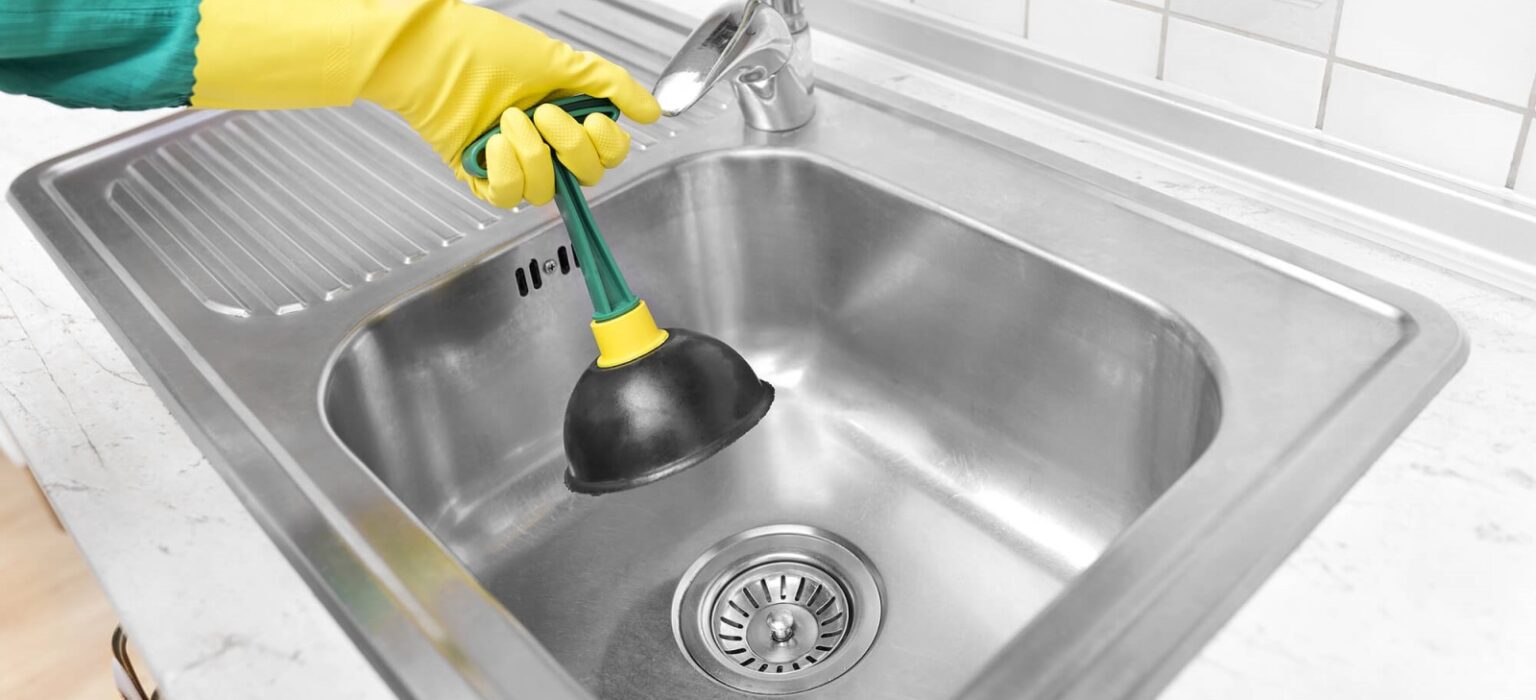 Having a clogged kitchen sink drain can be a major inconvenience for any homeowner. The kitchen sink is an essential part of the house, used daily for washing dishes, preparing food, and cleaning up after meals. A clogged sink can disrupt the flow of daily tasks and can even lead to more serious plumbing issues if left untreated. While there are many commercial drain cleaners available in the market, they often contain harsh chemicals that can be harmful to your skin and the environment. This is why turning to natural home remedies for clogged kitchen sink drains can be a safer and more effective option.
Having a clogged kitchen sink drain can be a major inconvenience for any homeowner. The kitchen sink is an essential part of the house, used daily for washing dishes, preparing food, and cleaning up after meals. A clogged sink can disrupt the flow of daily tasks and can even lead to more serious plumbing issues if left untreated. While there are many commercial drain cleaners available in the market, they often contain harsh chemicals that can be harmful to your skin and the environment. This is why turning to natural home remedies for clogged kitchen sink drains can be a safer and more effective option.
Benefits of Using Natural Home Remedies
 Natural home remedies
are not only better for your health and the environment, but they are also often more cost-effective and readily available. Most ingredients for these remedies can be found in your kitchen pantry, making it convenient and accessible for anyone to try. These remedies are also gentle on your pipes and will not cause any damage, unlike commercial cleaners that can corrode and weaken your pipes over time.
Natural home remedies
are not only better for your health and the environment, but they are also often more cost-effective and readily available. Most ingredients for these remedies can be found in your kitchen pantry, making it convenient and accessible for anyone to try. These remedies are also gentle on your pipes and will not cause any damage, unlike commercial cleaners that can corrode and weaken your pipes over time.
Effective Home Remedies for Clogged Kitchen Sink Drains
 Baking soda and vinegar
is a popular and effective remedy for unclogging kitchen sink drains. Simply mix equal parts of baking soda and vinegar and pour it down the drain. The chemical reaction between the two ingredients will create a foaming action that can break down and loosen any clogs. After 15 minutes, pour hot water down the drain to flush out the loosened debris.
Another effective remedy is using
salt and boiling water
. Start by pouring half a cup of salt down the drain, followed by a pot of boiling water. The hot water will dissolve the salt and help to break down any buildup in the pipes. Let it sit for a few minutes before running hot water down the drain to flush out the clog.
Baking soda and vinegar
is a popular and effective remedy for unclogging kitchen sink drains. Simply mix equal parts of baking soda and vinegar and pour it down the drain. The chemical reaction between the two ingredients will create a foaming action that can break down and loosen any clogs. After 15 minutes, pour hot water down the drain to flush out the loosened debris.
Another effective remedy is using
salt and boiling water
. Start by pouring half a cup of salt down the drain, followed by a pot of boiling water. The hot water will dissolve the salt and help to break down any buildup in the pipes. Let it sit for a few minutes before running hot water down the drain to flush out the clog.
Preventive Measures
 While natural home remedies can effectively unclog a kitchen sink drain, it is always better to prevent clogs from happening in the first place.
Regular maintenance
can go a long way in keeping your kitchen sink drain running smoothly. Avoid pouring grease, oil, and food scraps down the drain, as they can solidify and cause clogs. Using a drain cover can also prevent larger items from going down the drain and causing blockages.
In conclusion, opting for natural home remedies for clogged kitchen sink drains can provide a safer and more eco-friendly solution for homeowners. With simple ingredients and easy-to-follow steps, these remedies can effectively unclog drains and help maintain a functional kitchen sink. Remember to always practice preventive measures to avoid future clogs and keep your kitchen running smoothly.
While natural home remedies can effectively unclog a kitchen sink drain, it is always better to prevent clogs from happening in the first place.
Regular maintenance
can go a long way in keeping your kitchen sink drain running smoothly. Avoid pouring grease, oil, and food scraps down the drain, as they can solidify and cause clogs. Using a drain cover can also prevent larger items from going down the drain and causing blockages.
In conclusion, opting for natural home remedies for clogged kitchen sink drains can provide a safer and more eco-friendly solution for homeowners. With simple ingredients and easy-to-follow steps, these remedies can effectively unclog drains and help maintain a functional kitchen sink. Remember to always practice preventive measures to avoid future clogs and keep your kitchen running smoothly.



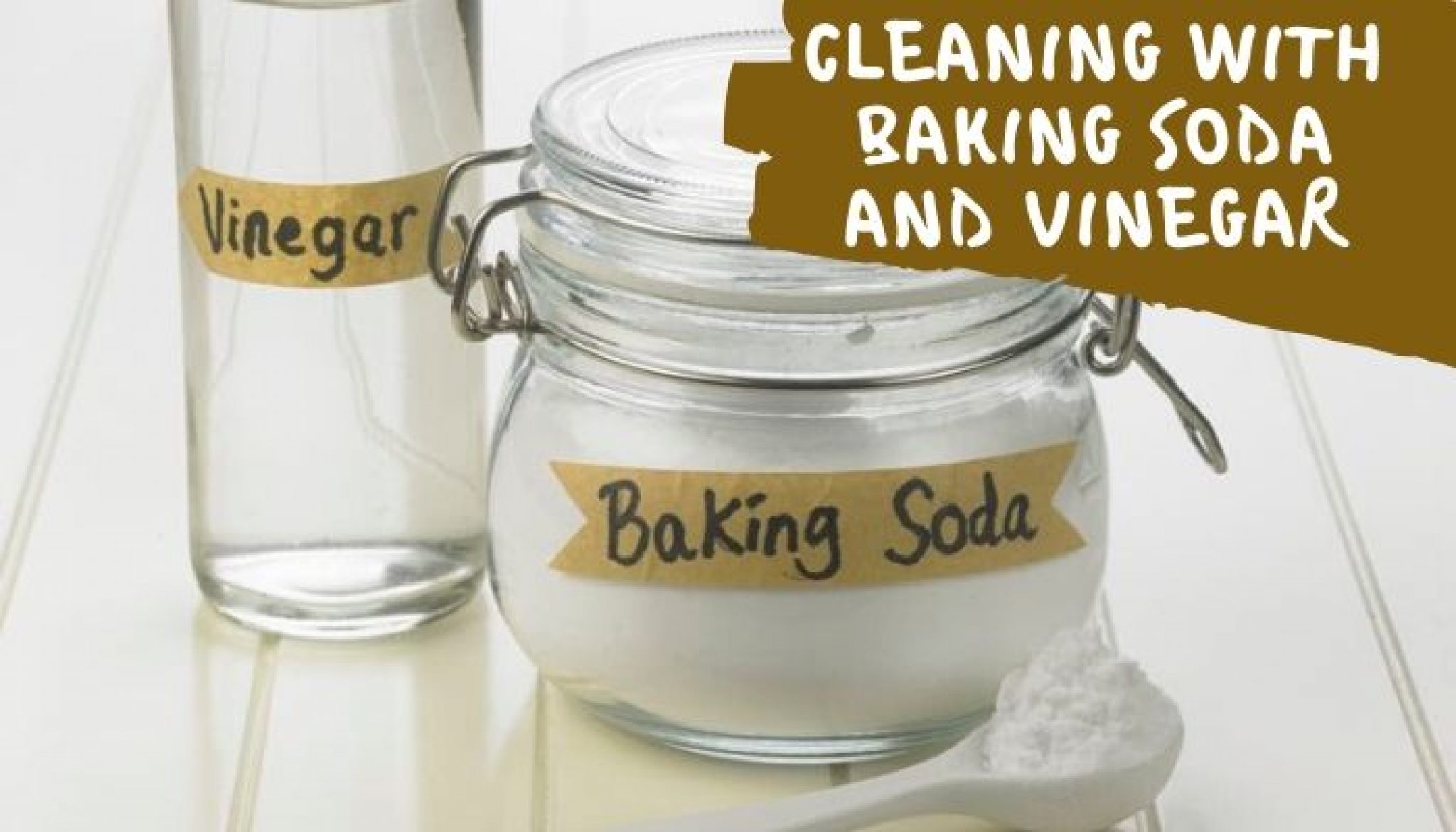

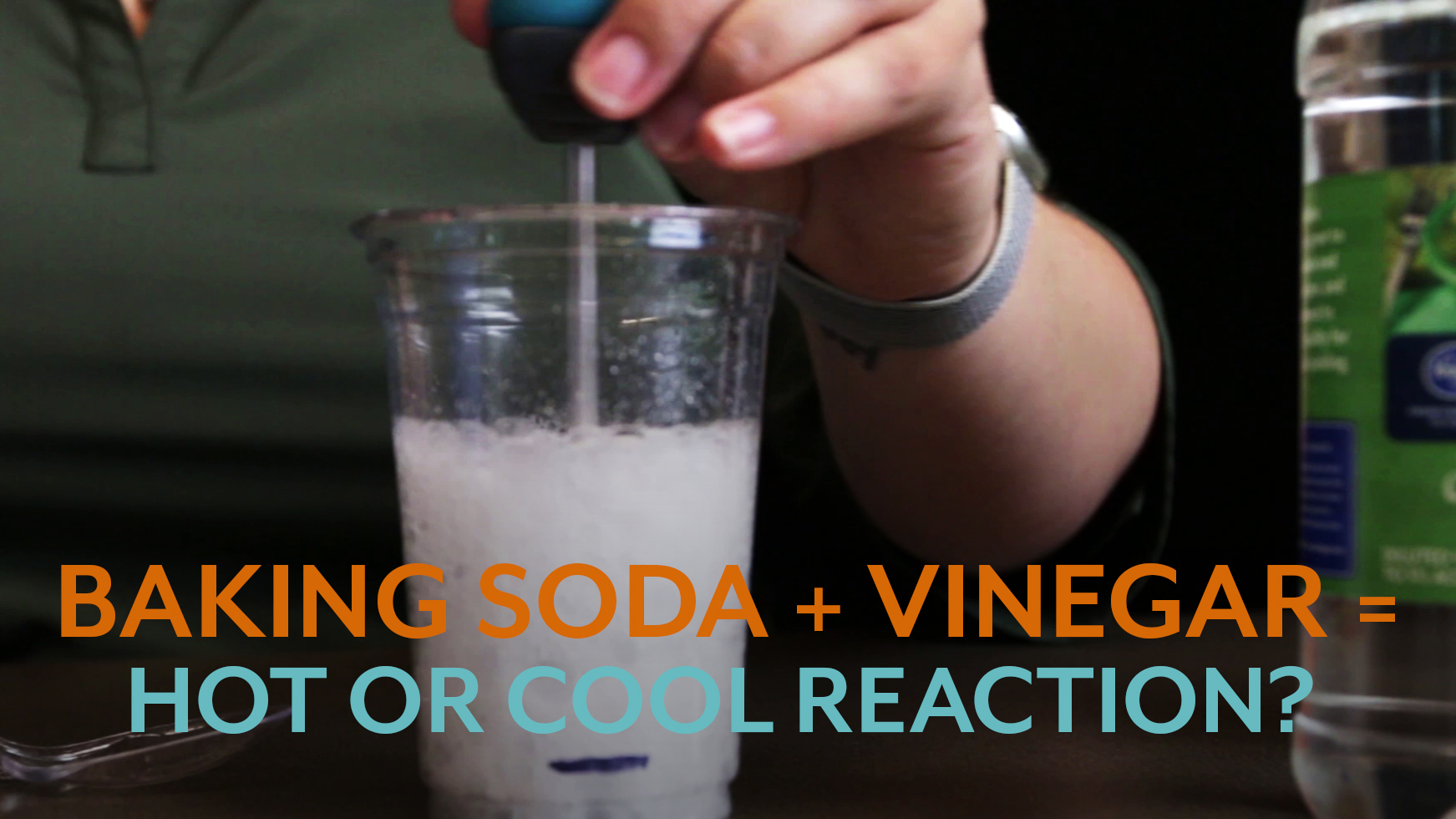


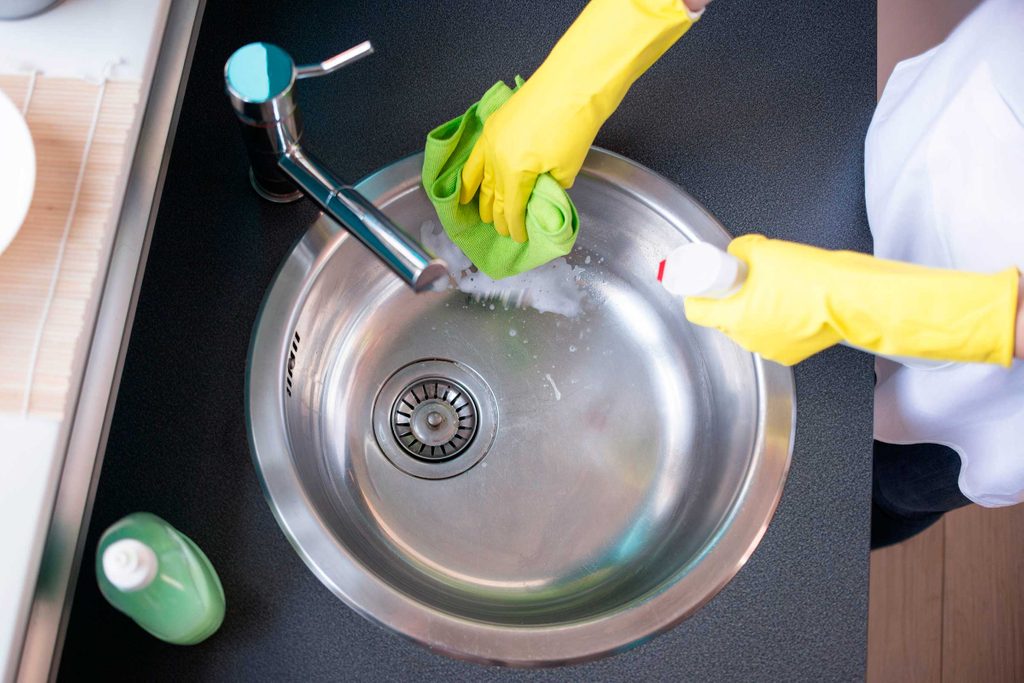





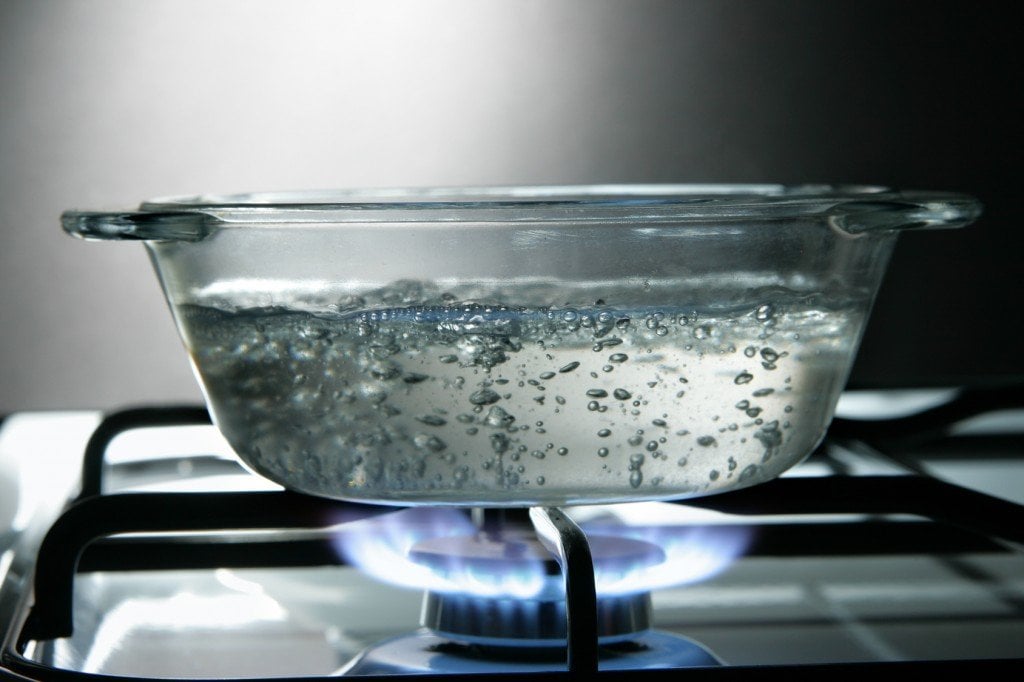

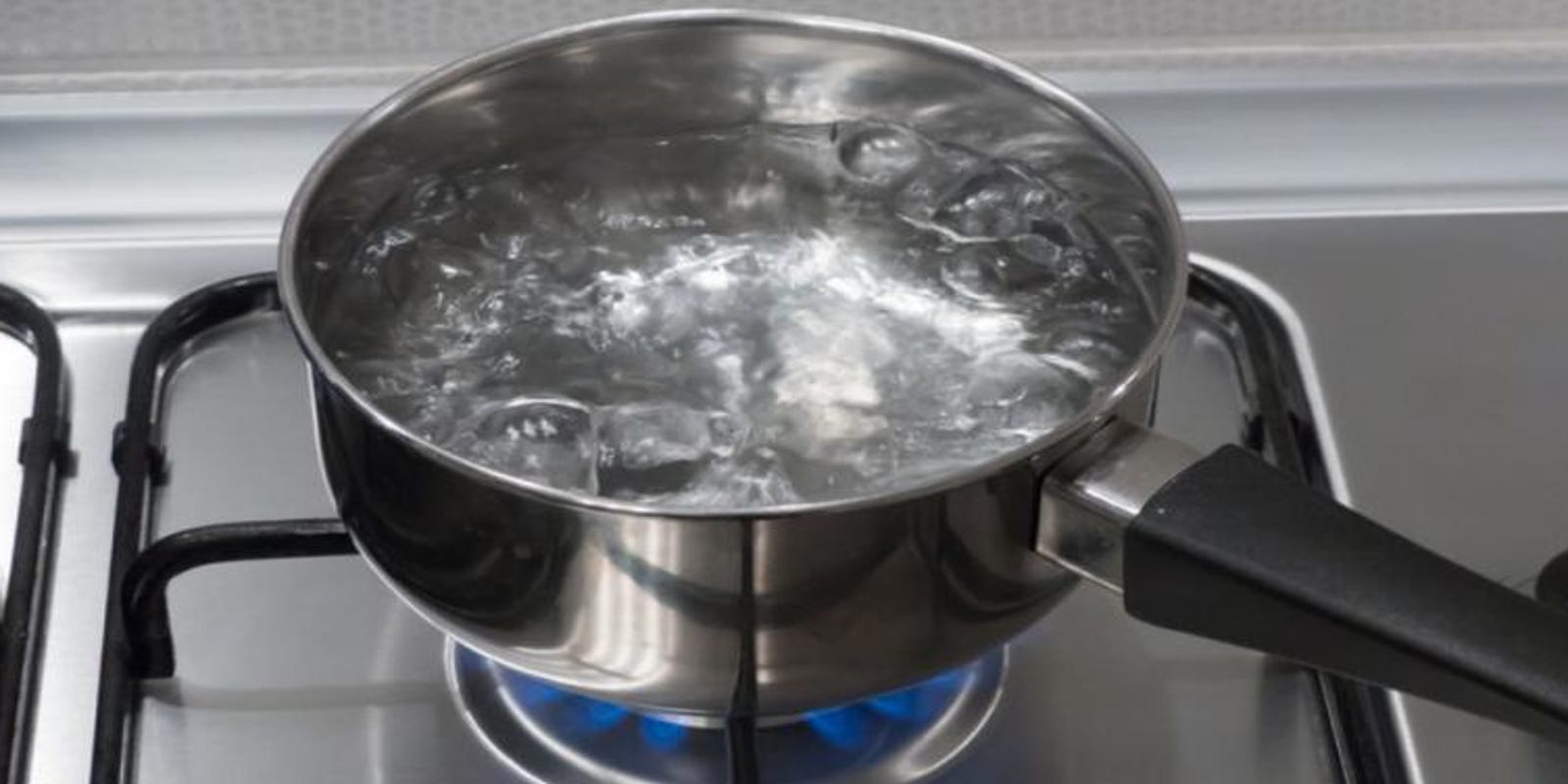

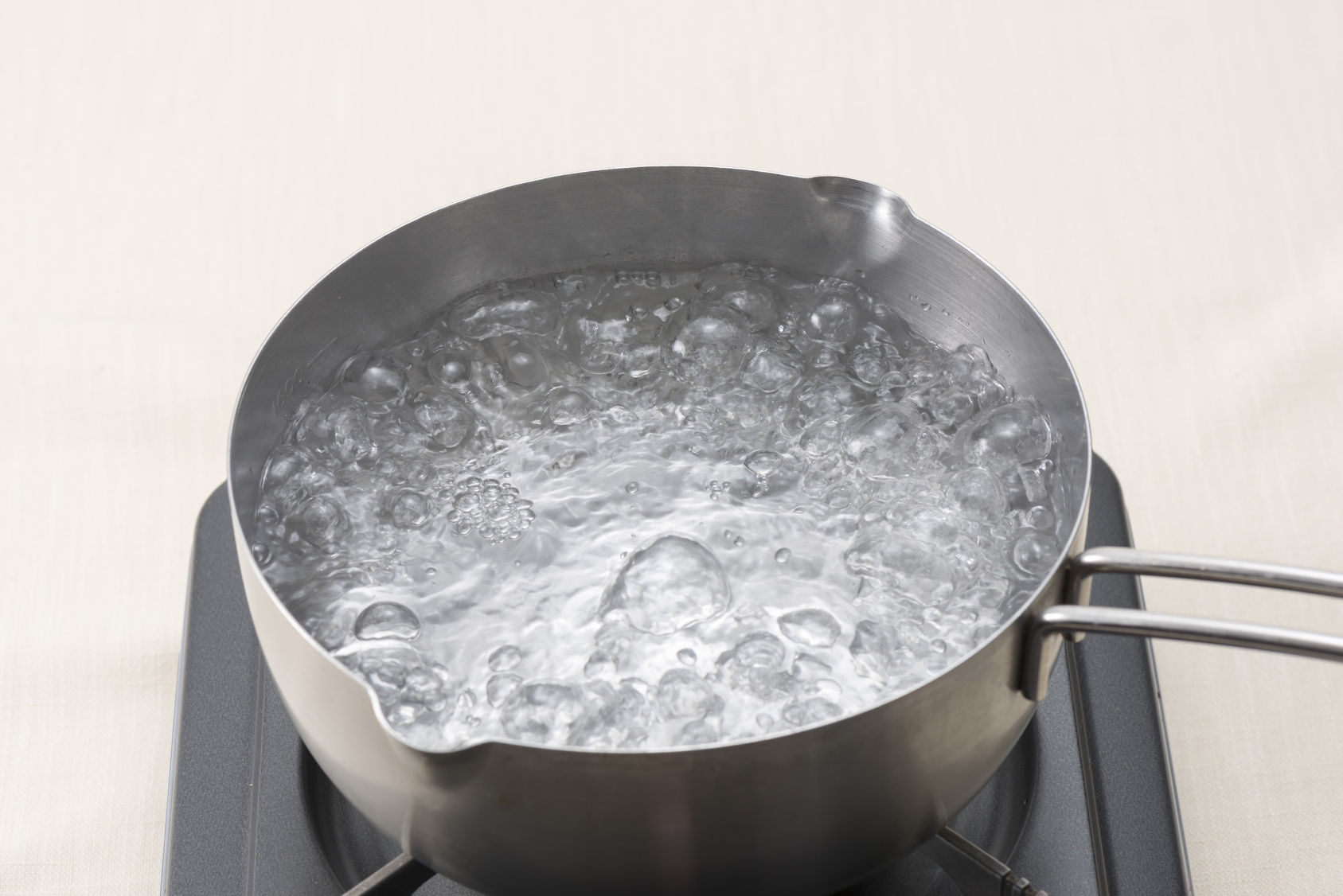
/boiling-water-on-gas-stove-143735234-5790aeb35f9b584d2005e949.jpg)
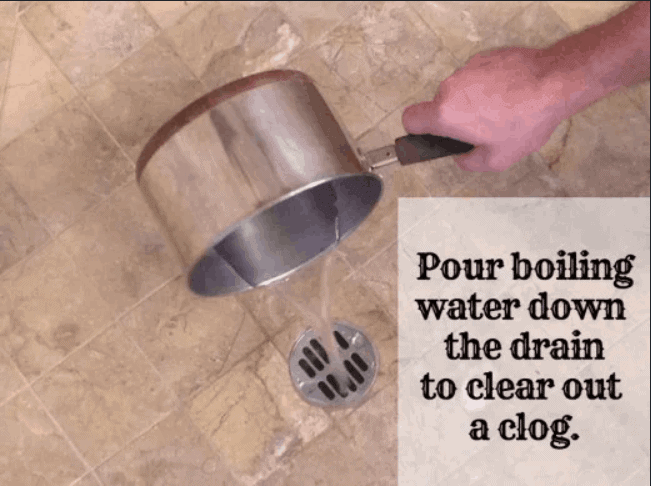
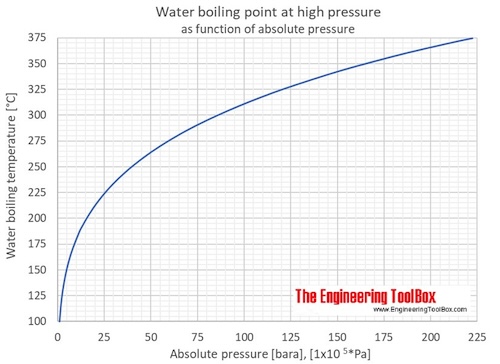

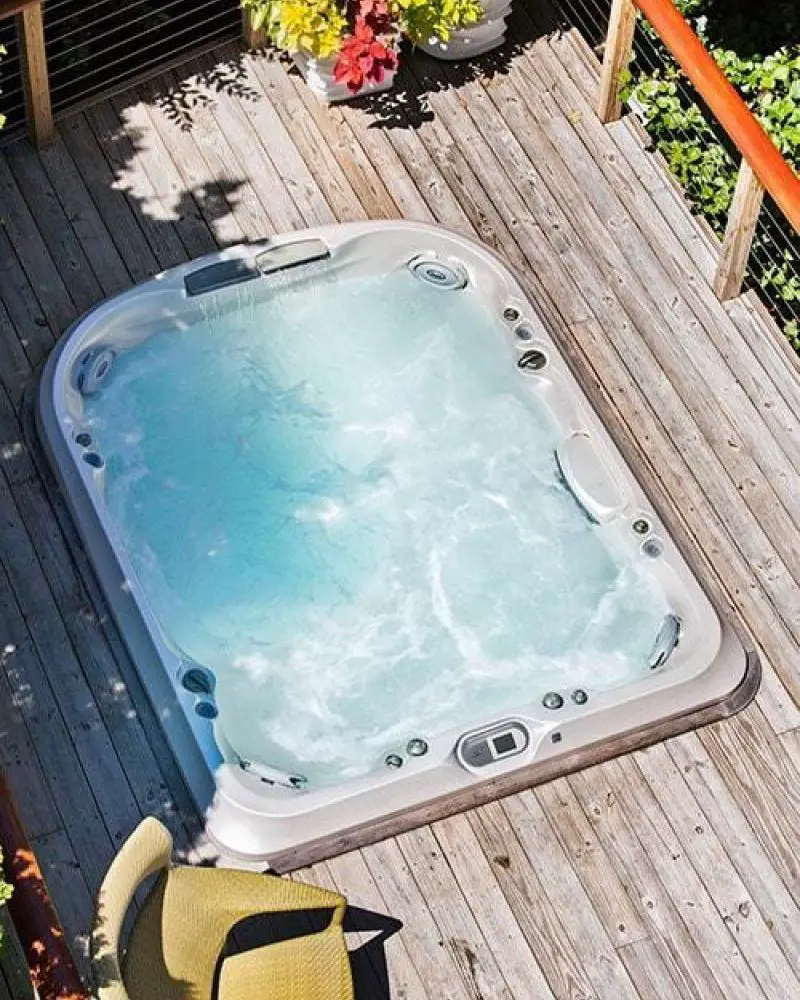


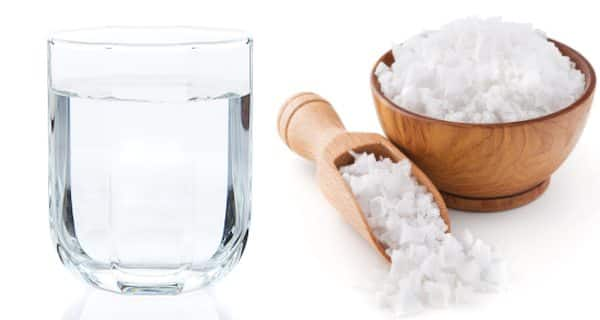






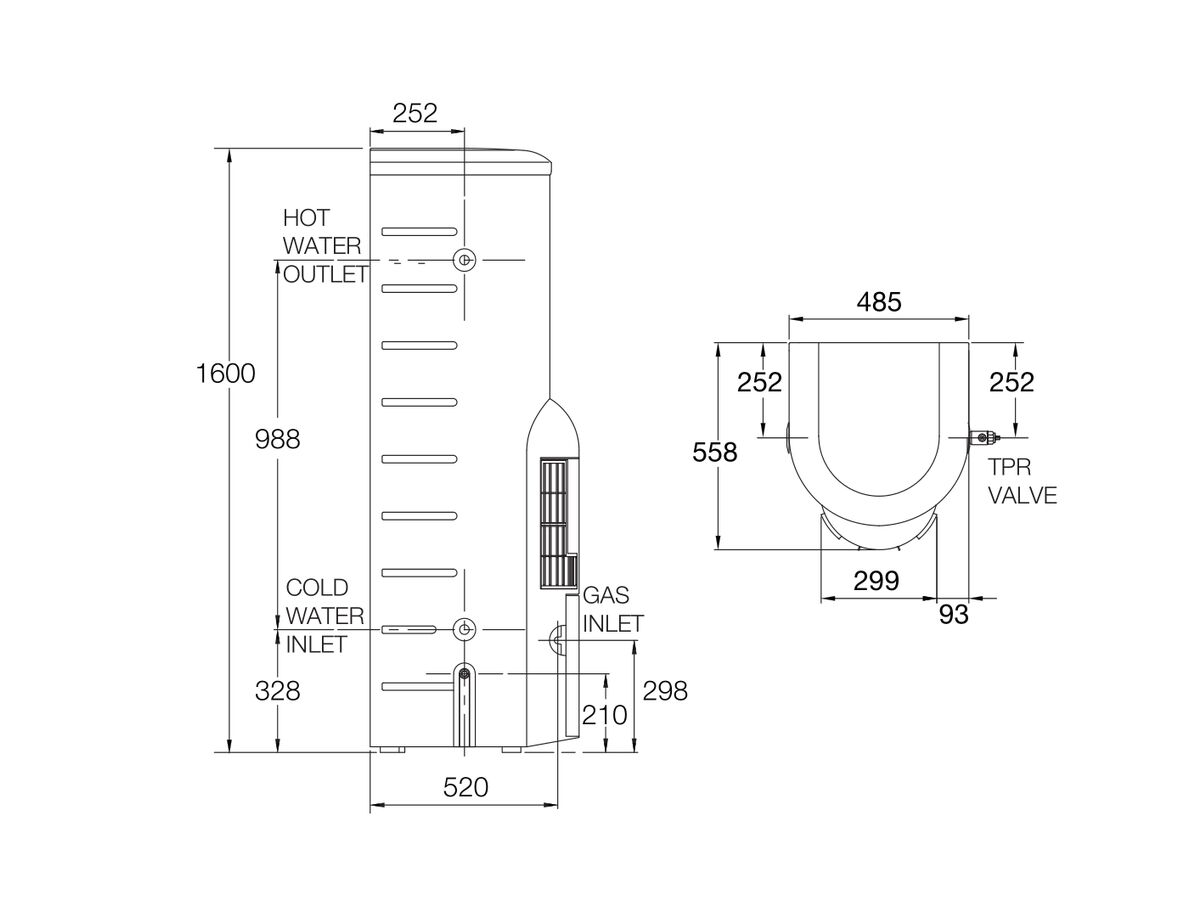


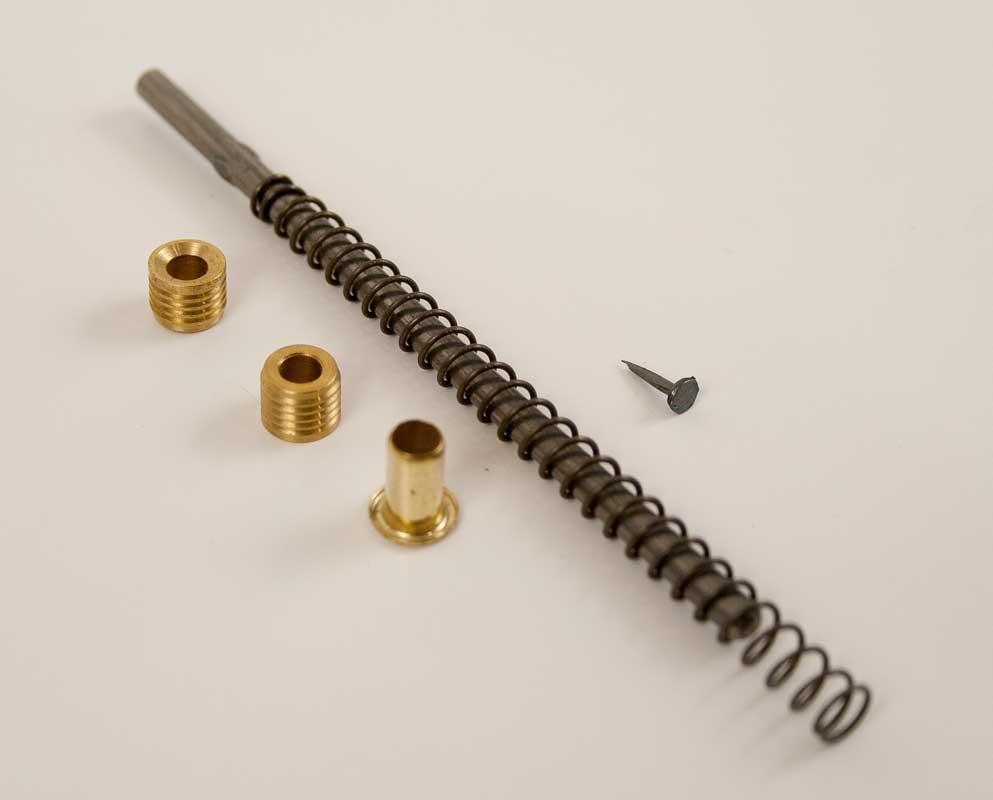



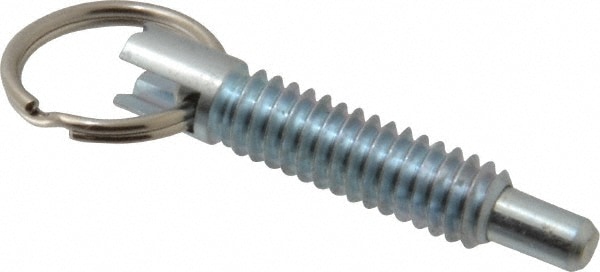

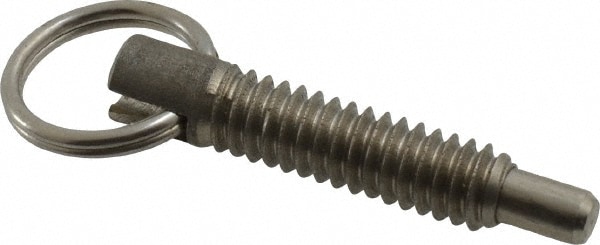



/GettyImages-80566571-5a1ca234aad52b00373338ff.jpg)
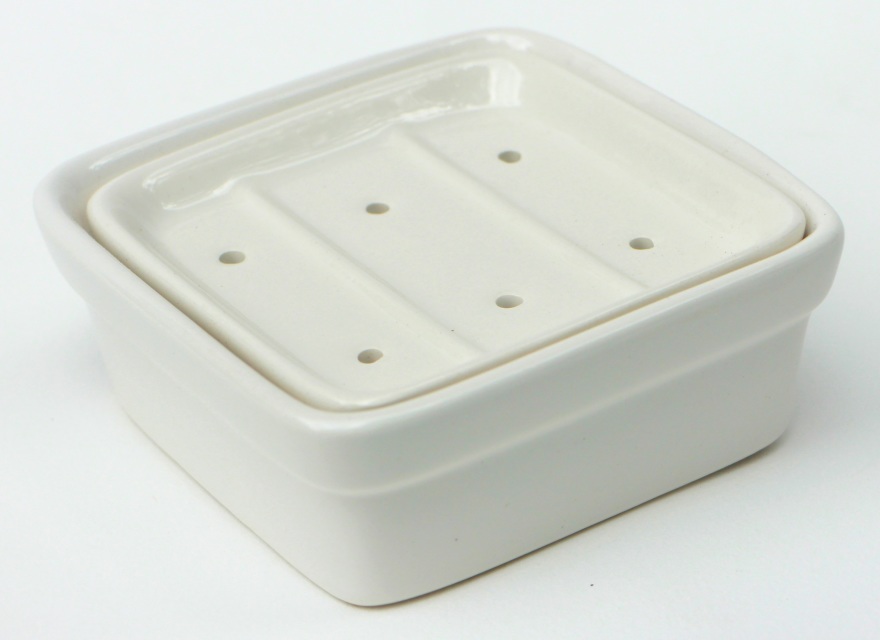


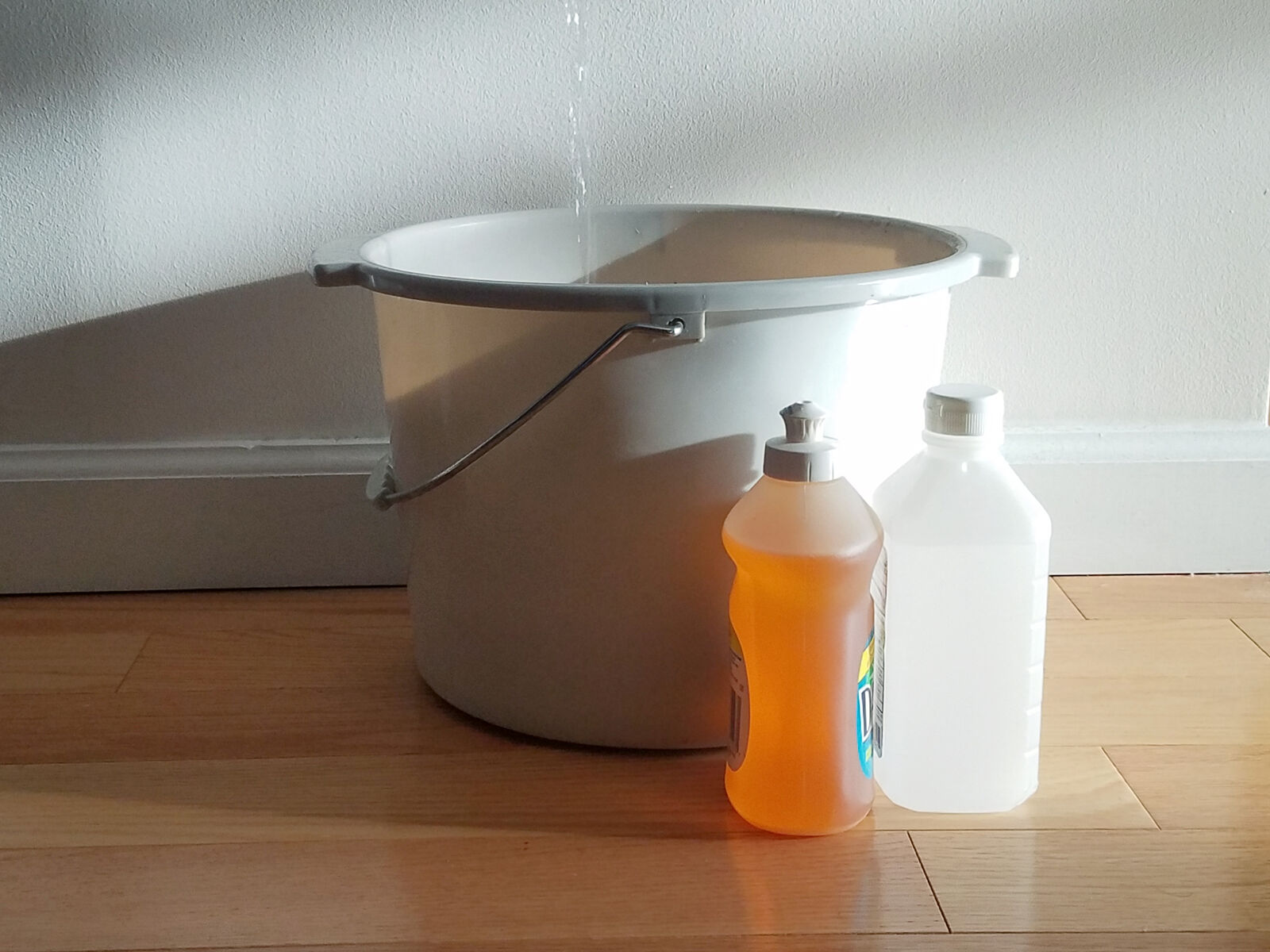
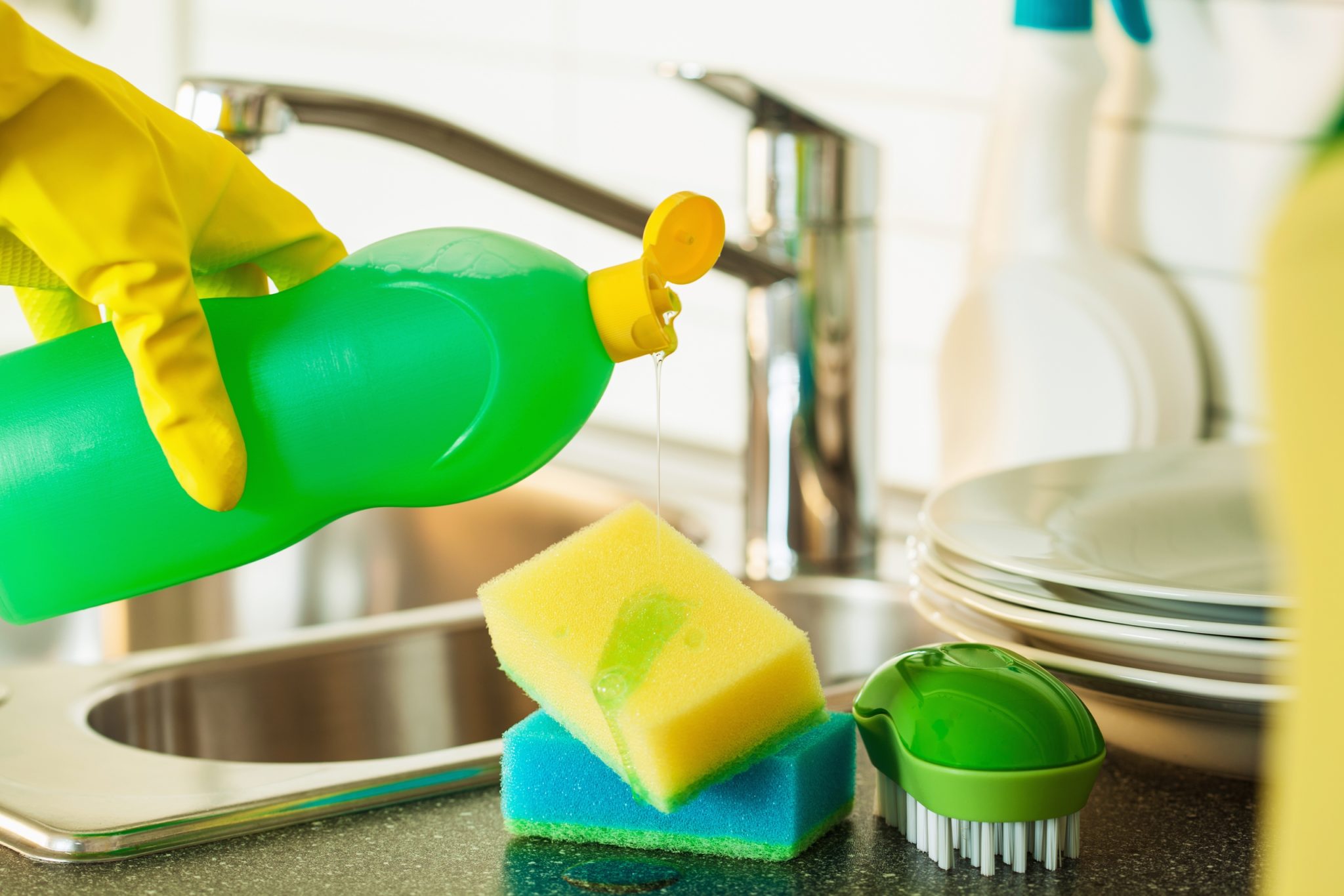
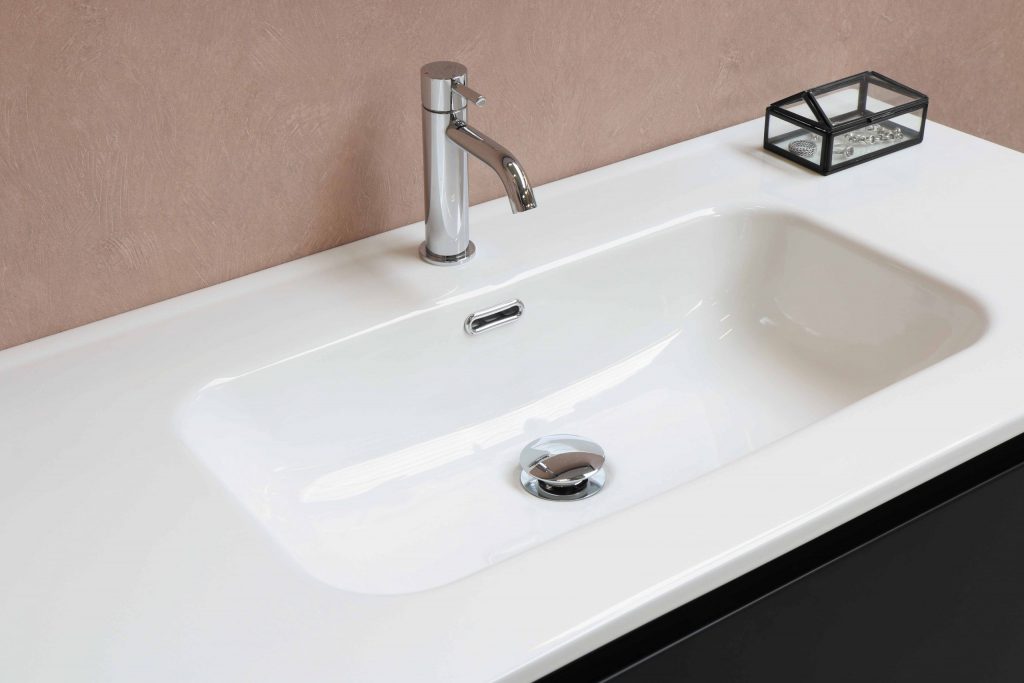
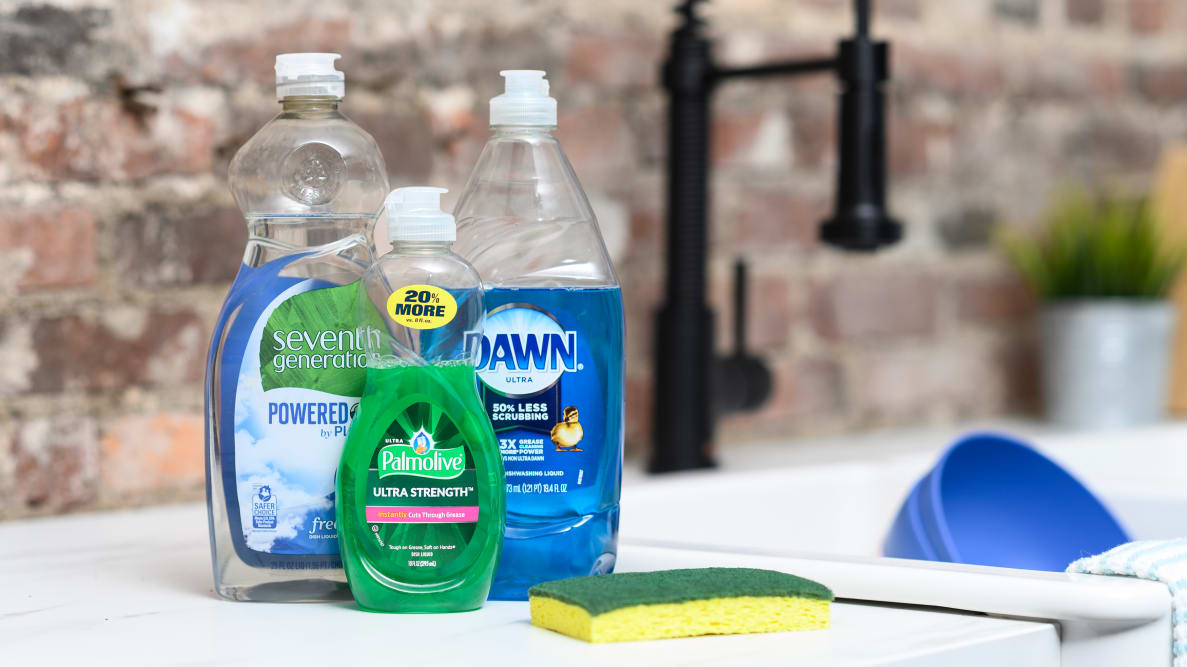
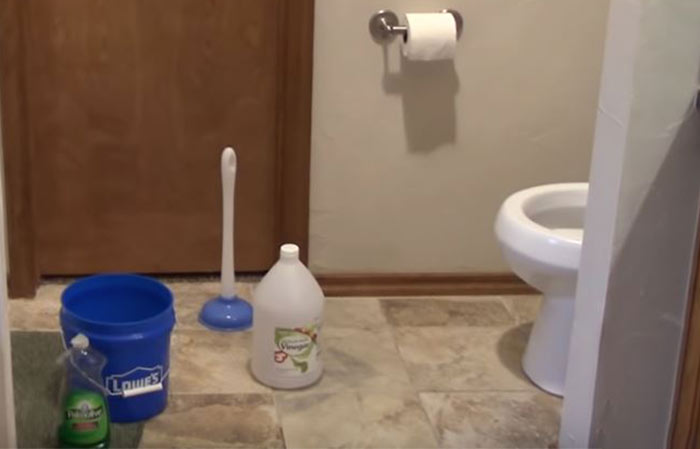
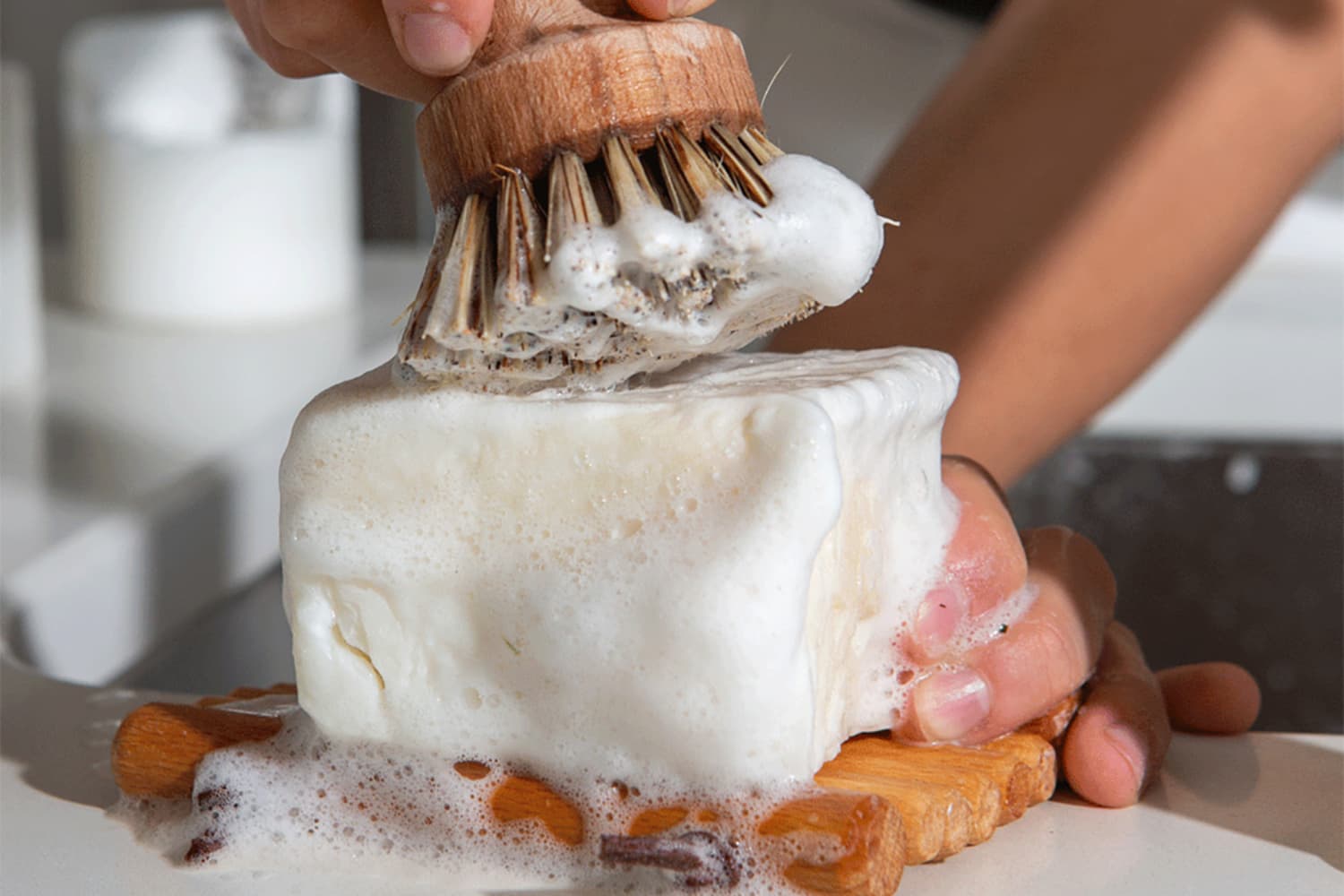




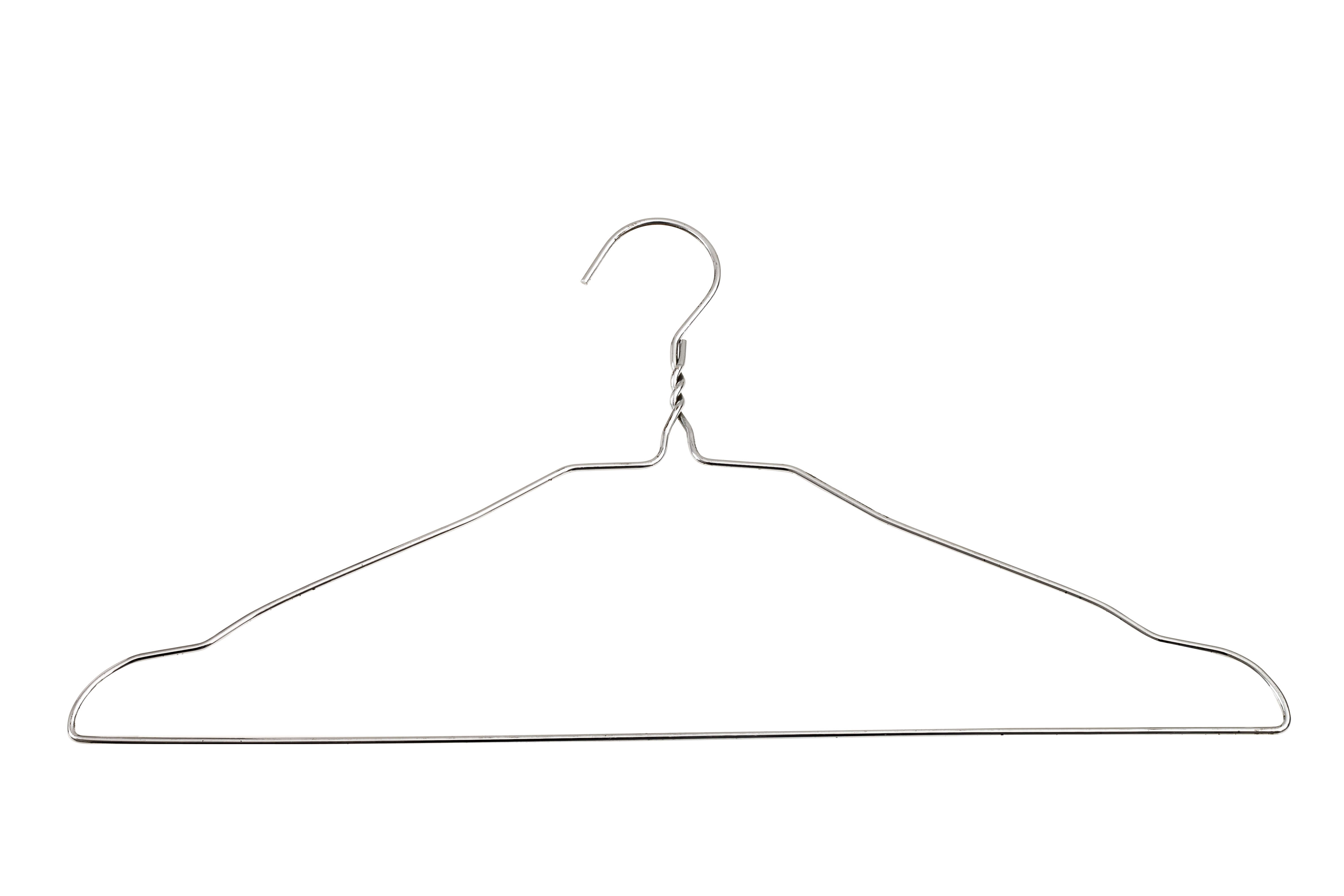
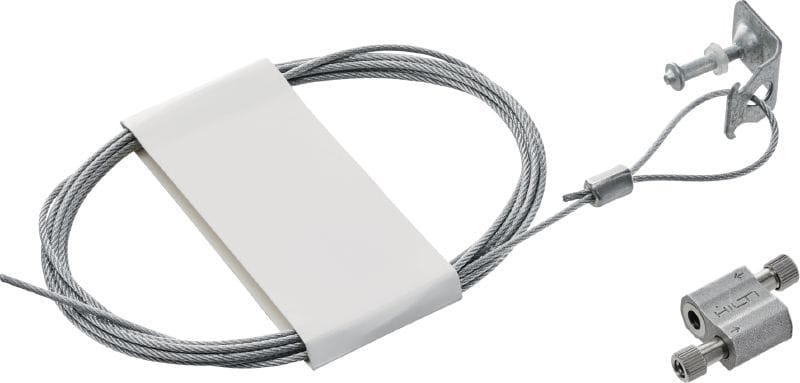


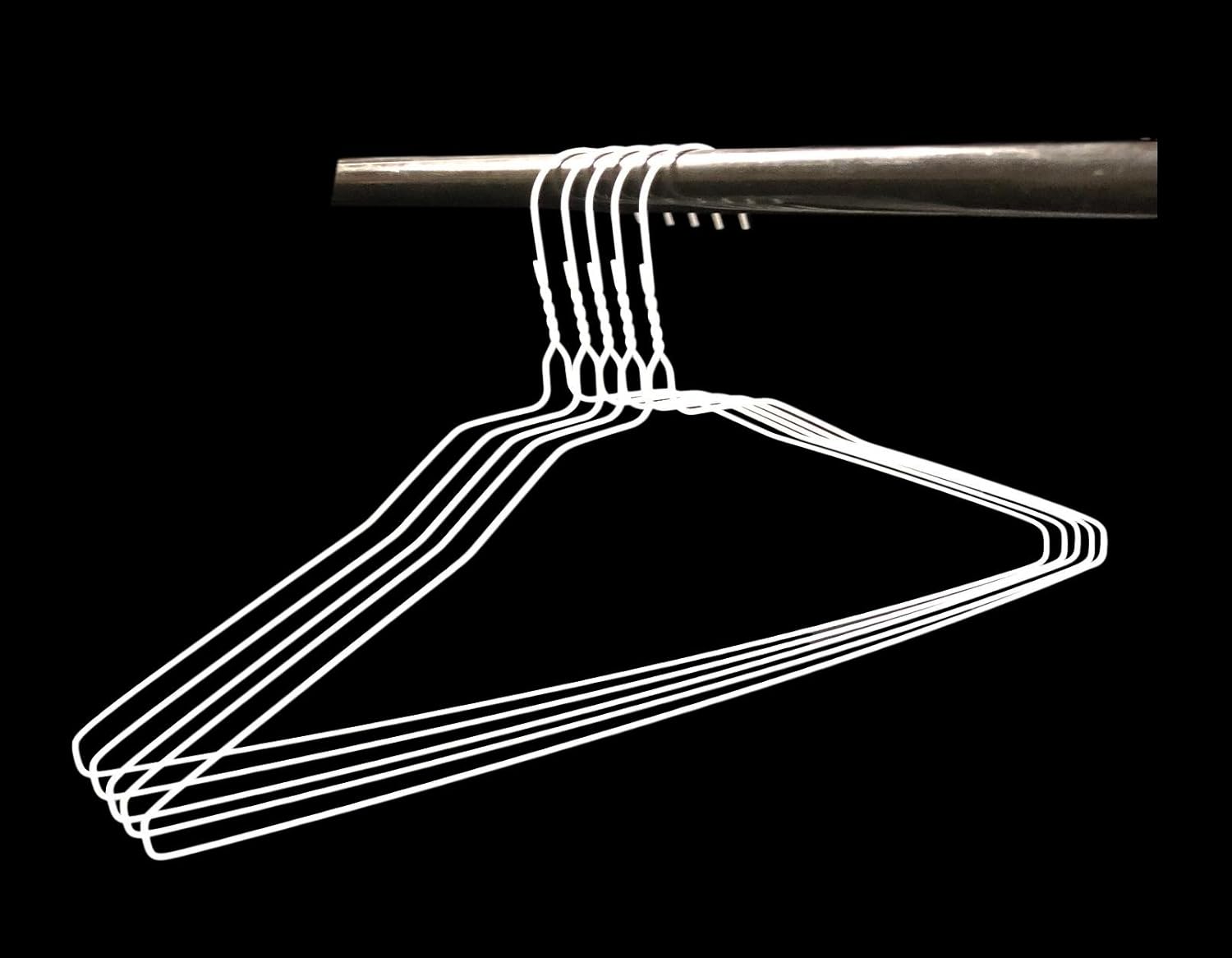




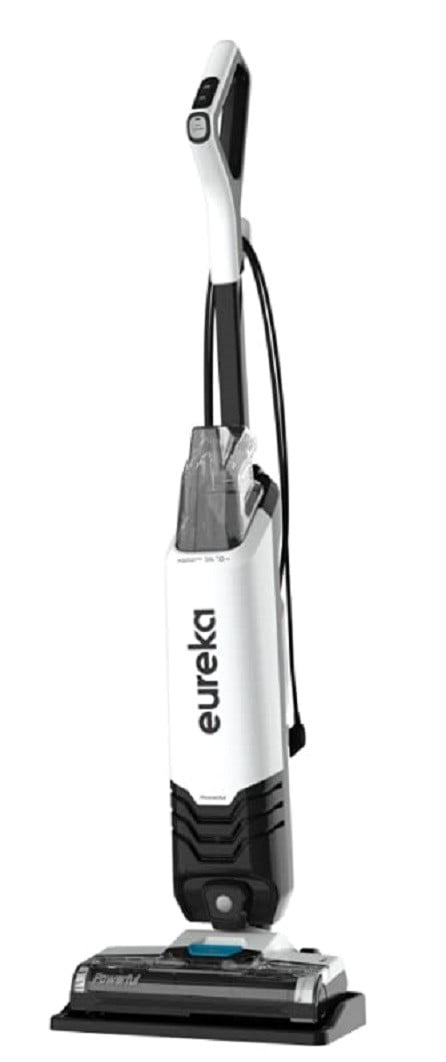


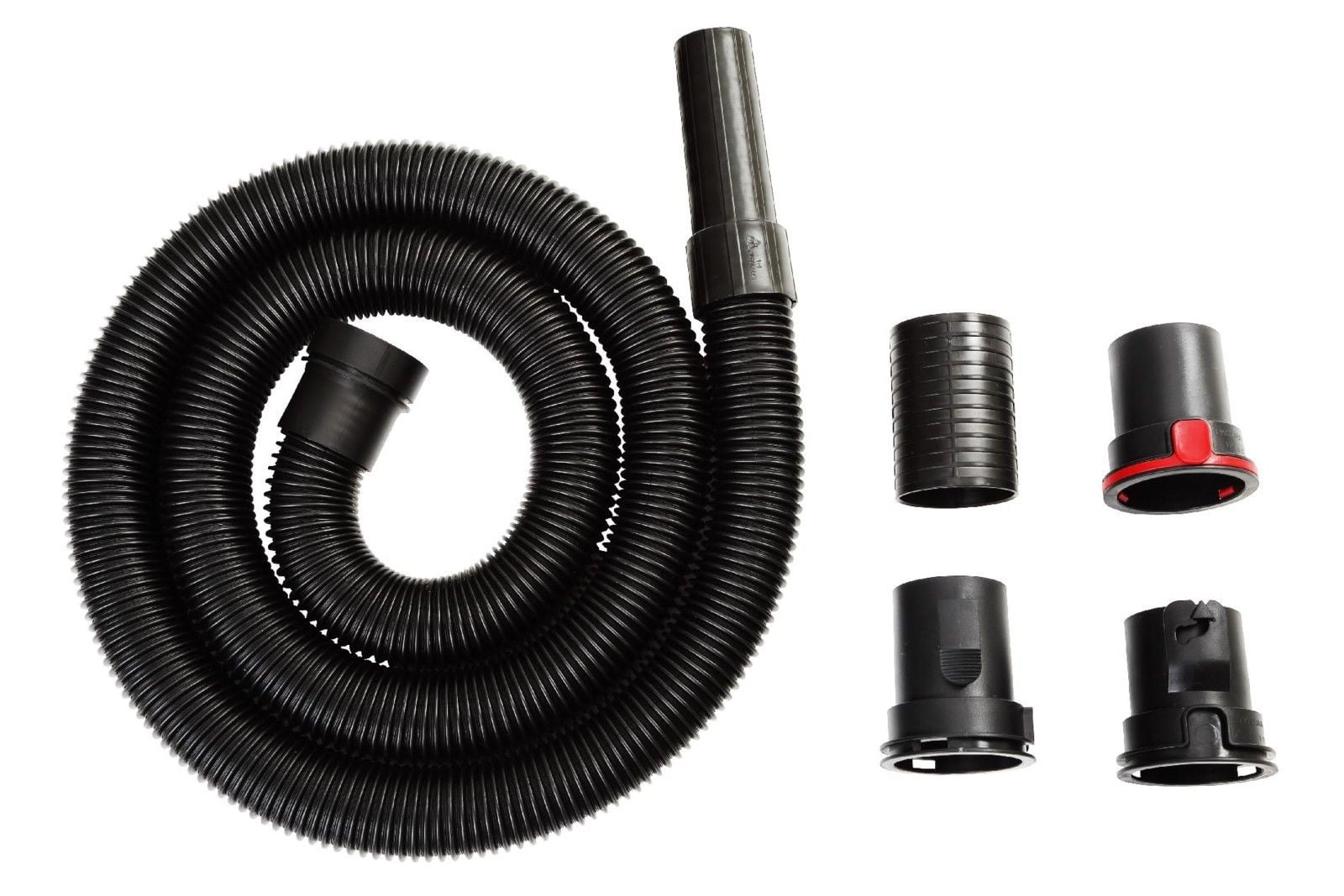
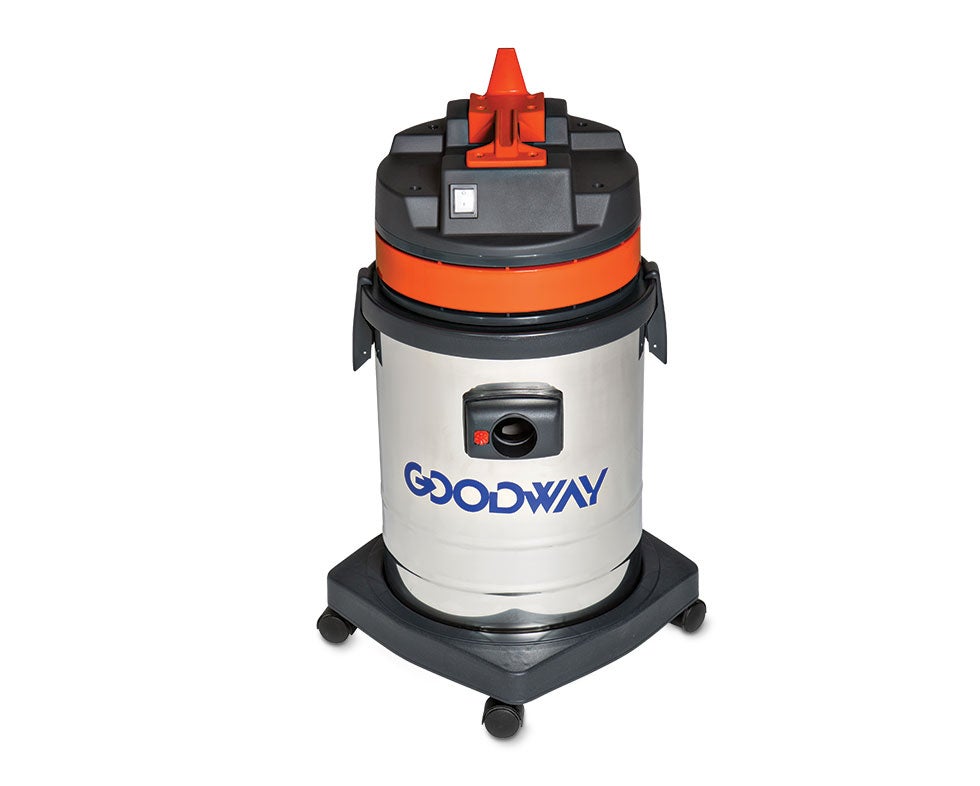

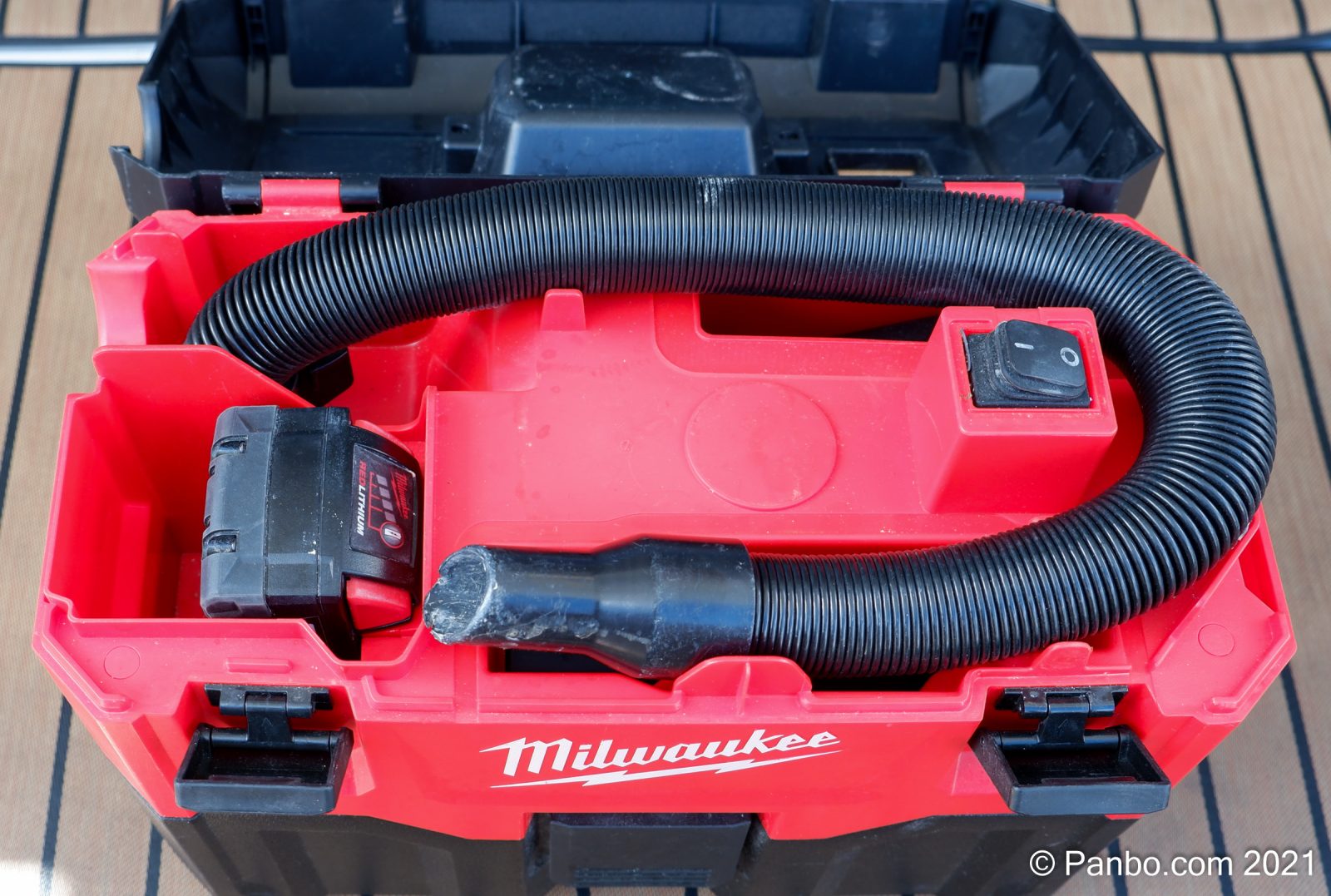


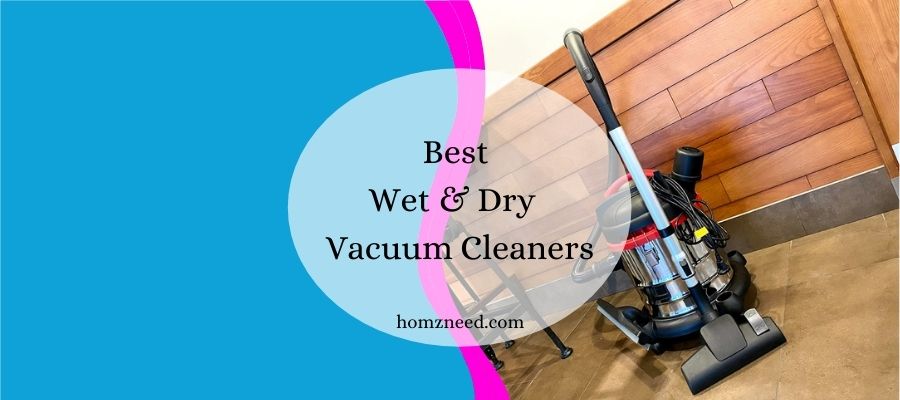

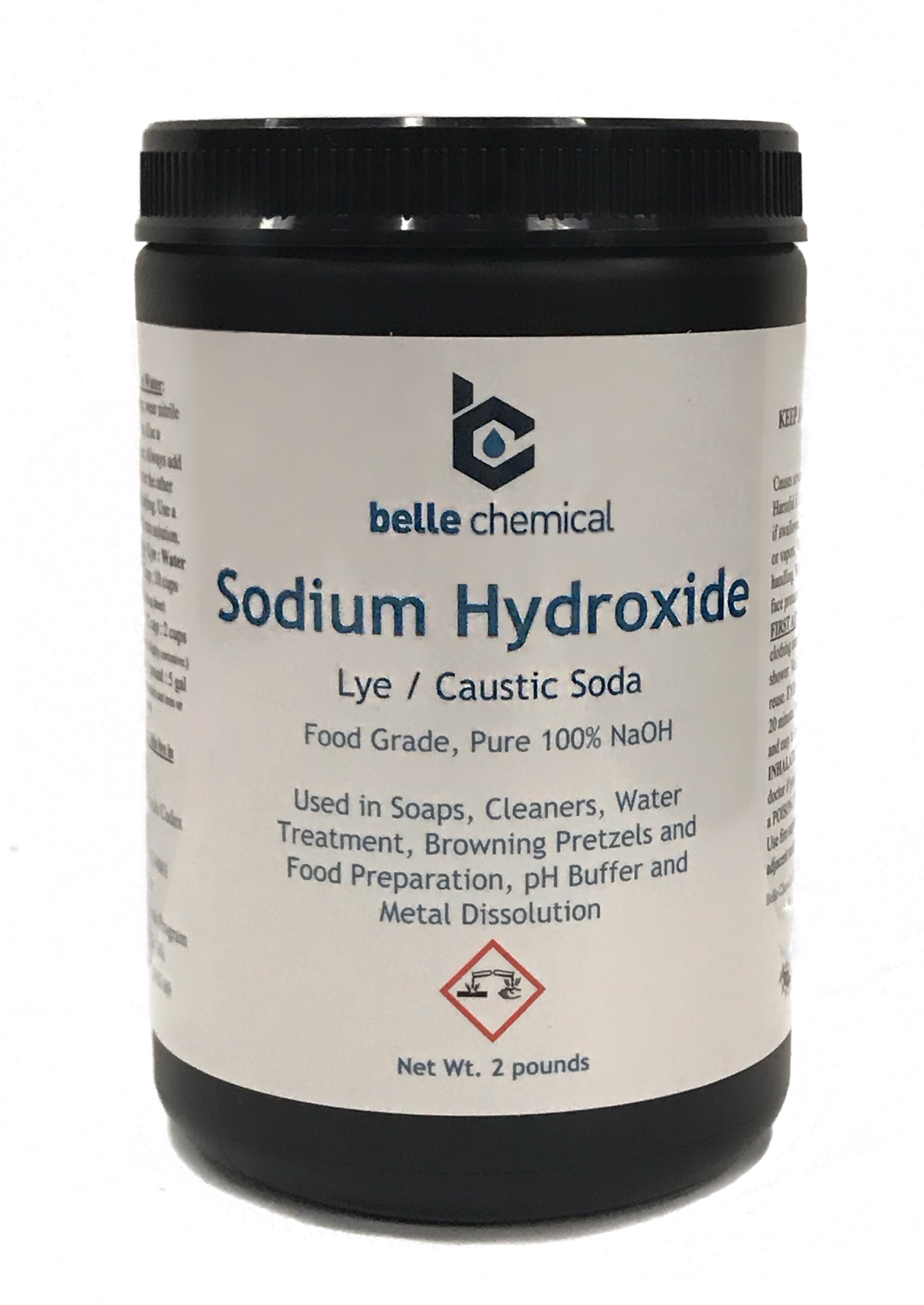



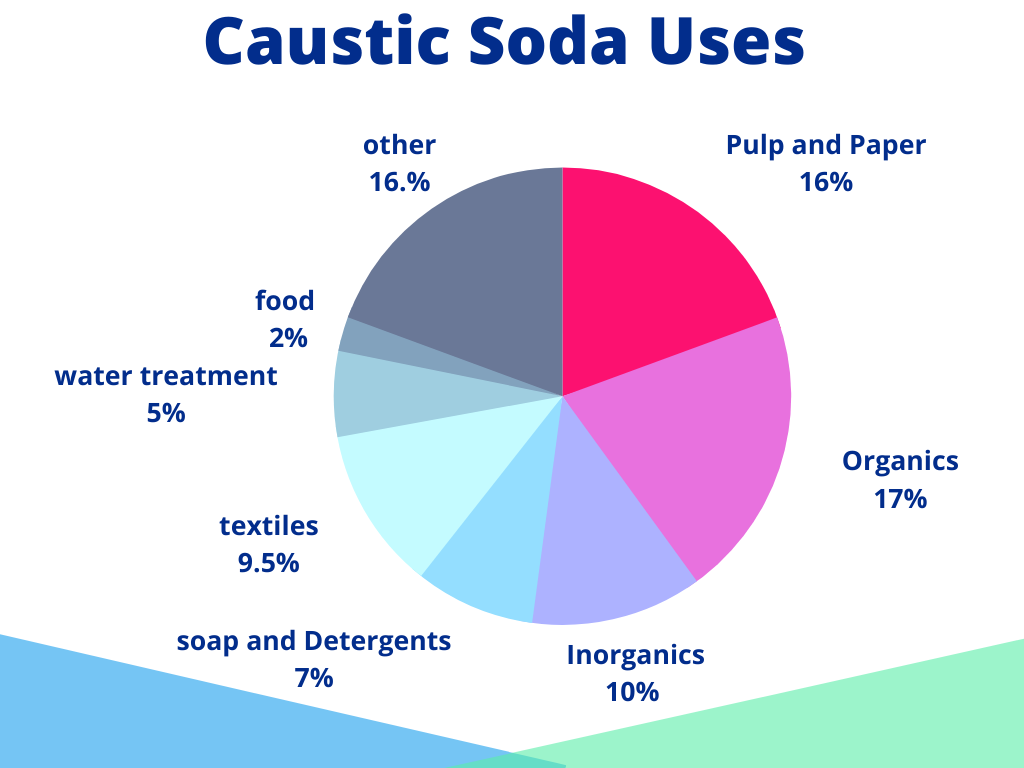


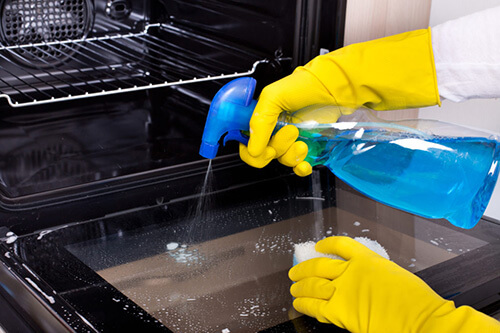
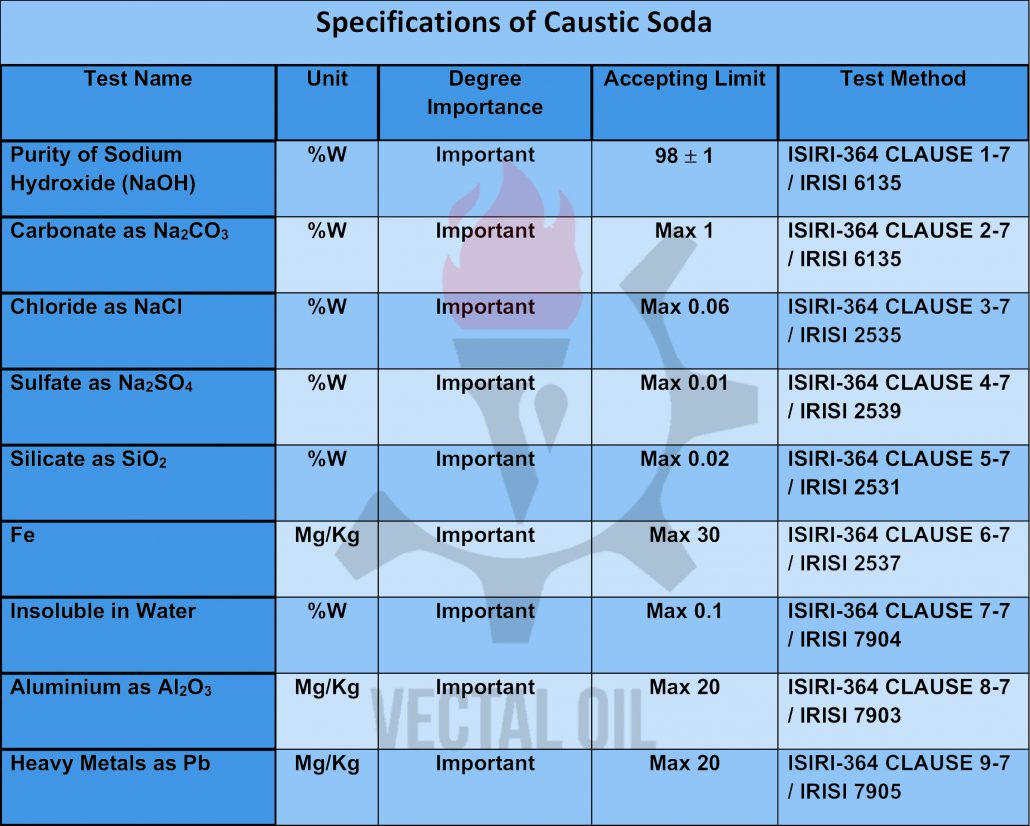
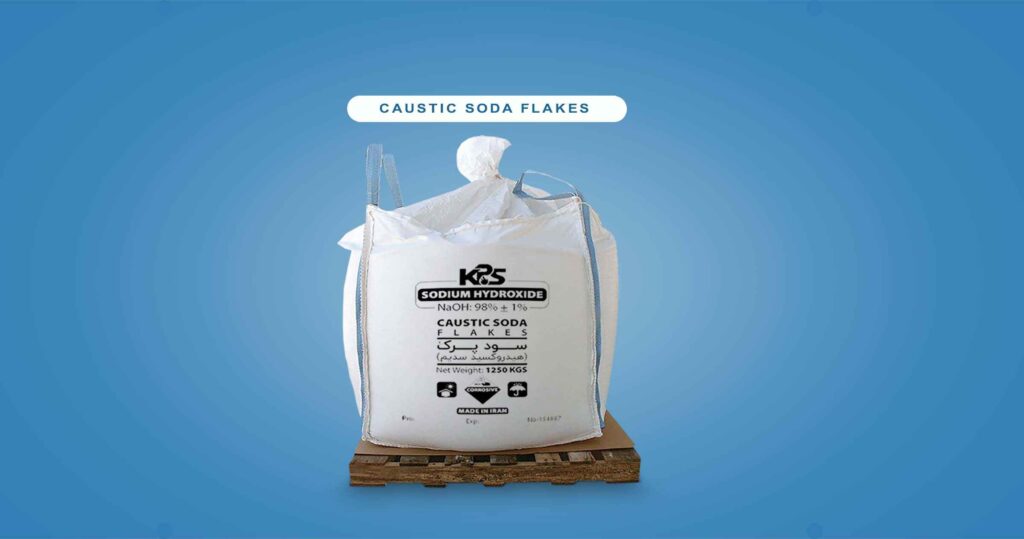


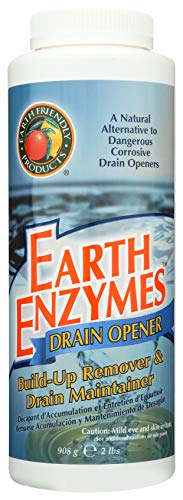



/GreenGobblerRefresh32oz-5bc63b0d4cedfd00266e4611.jpg)

